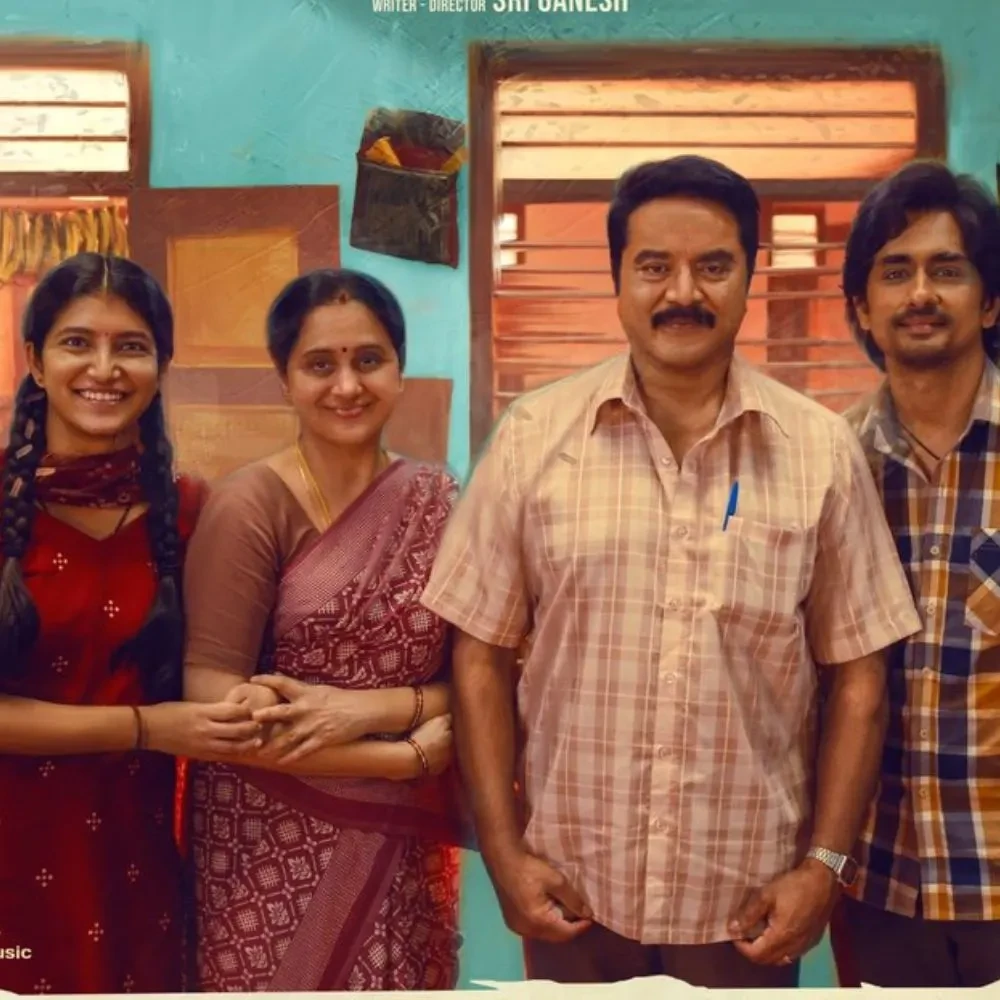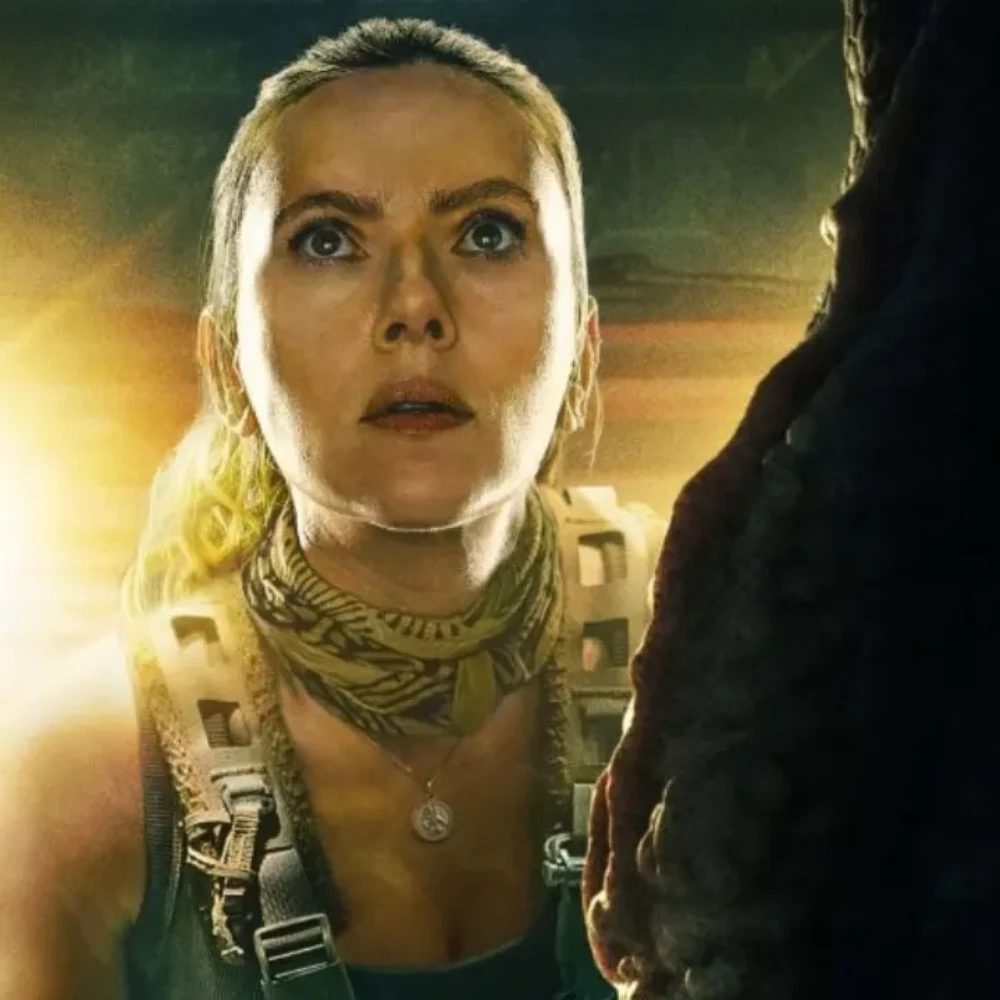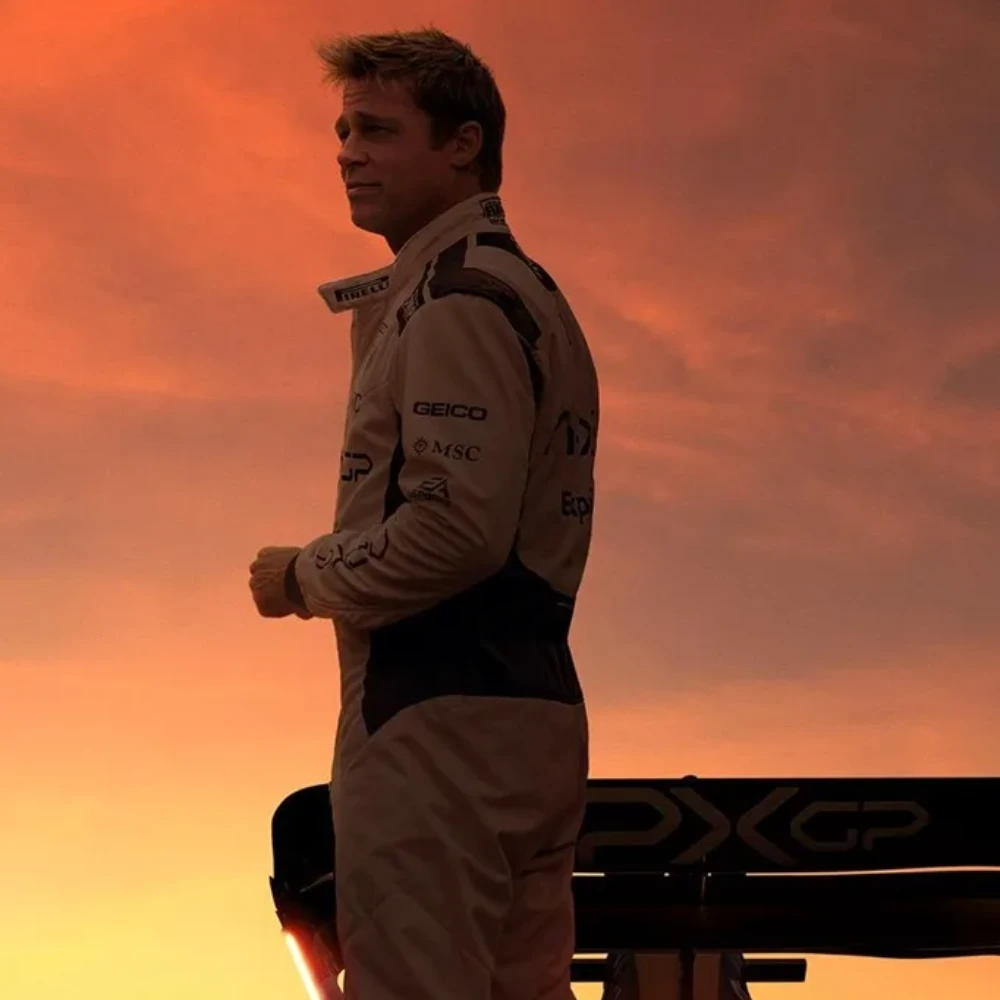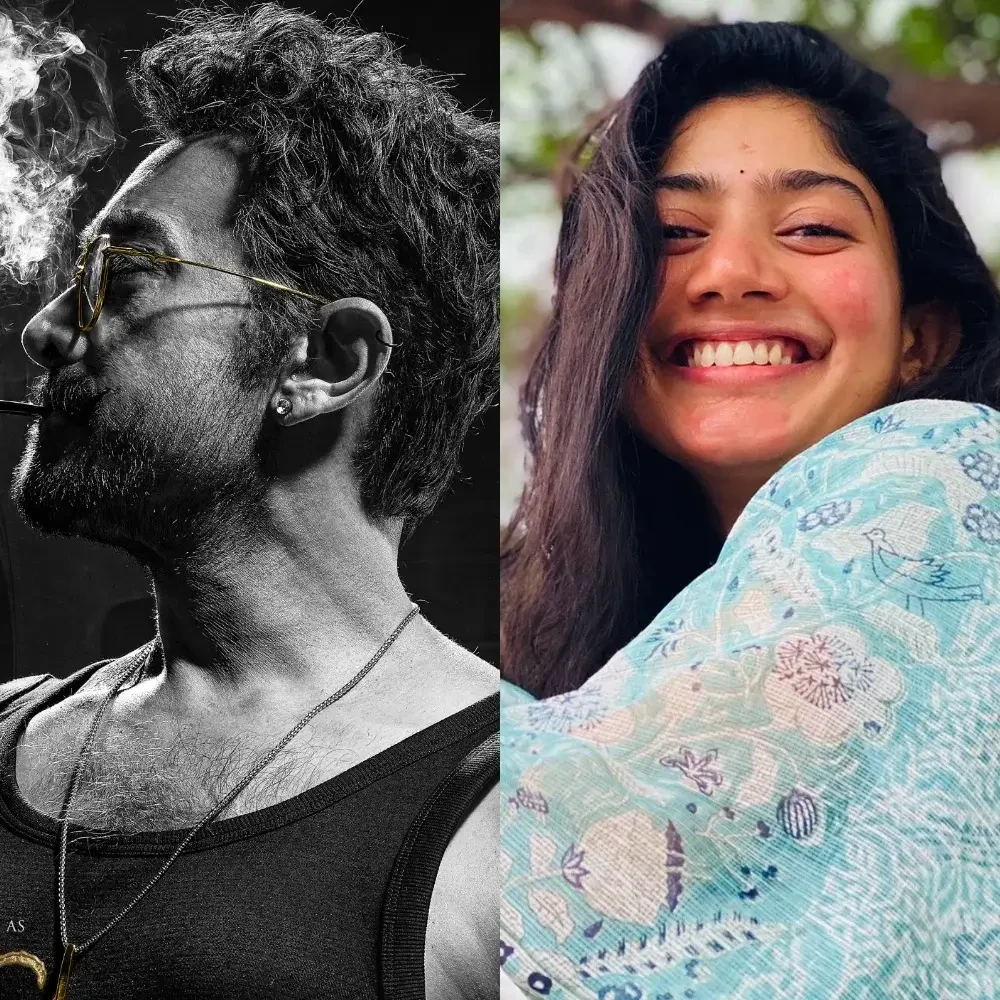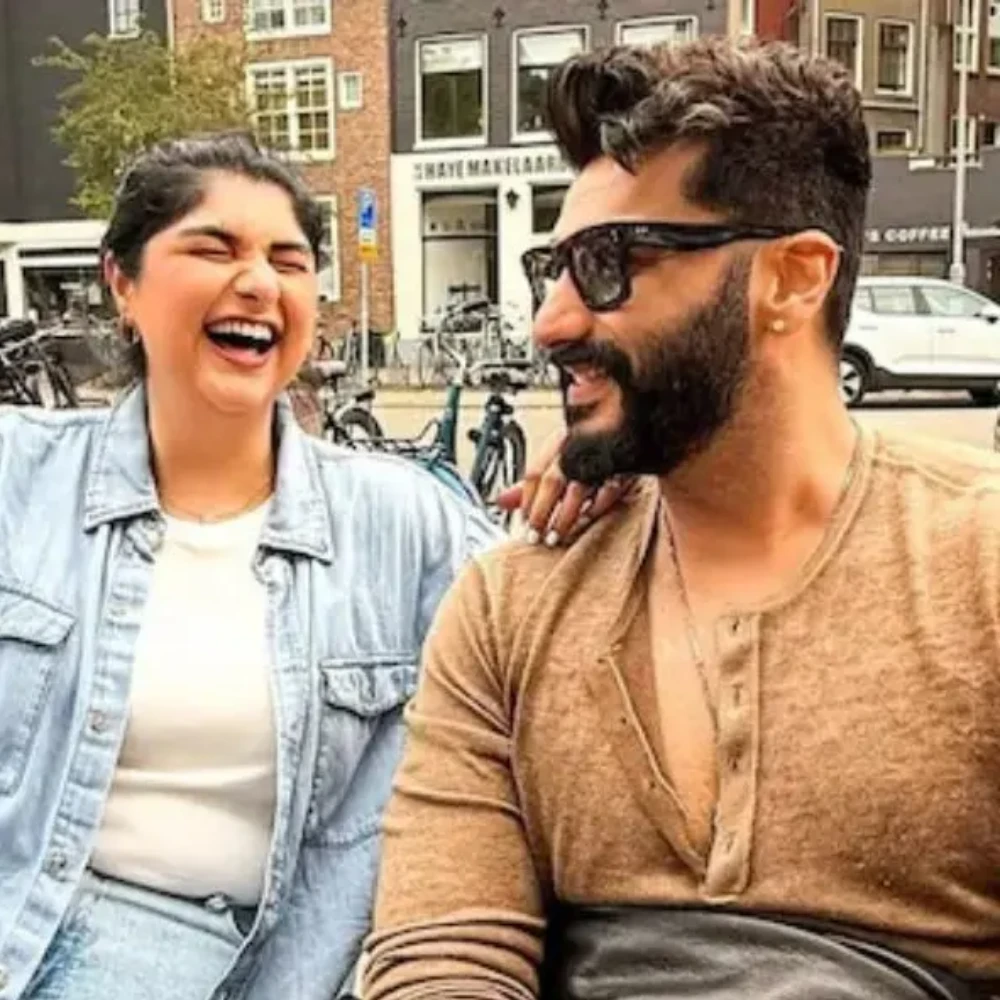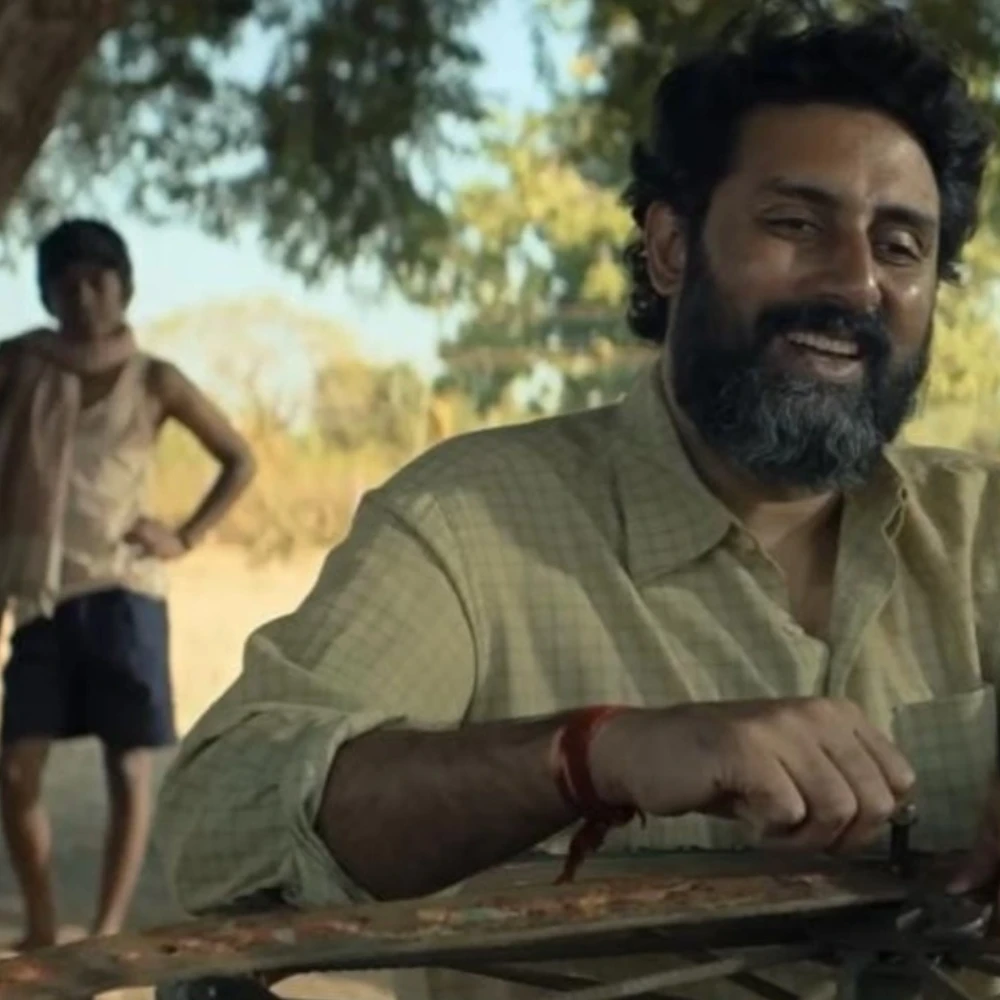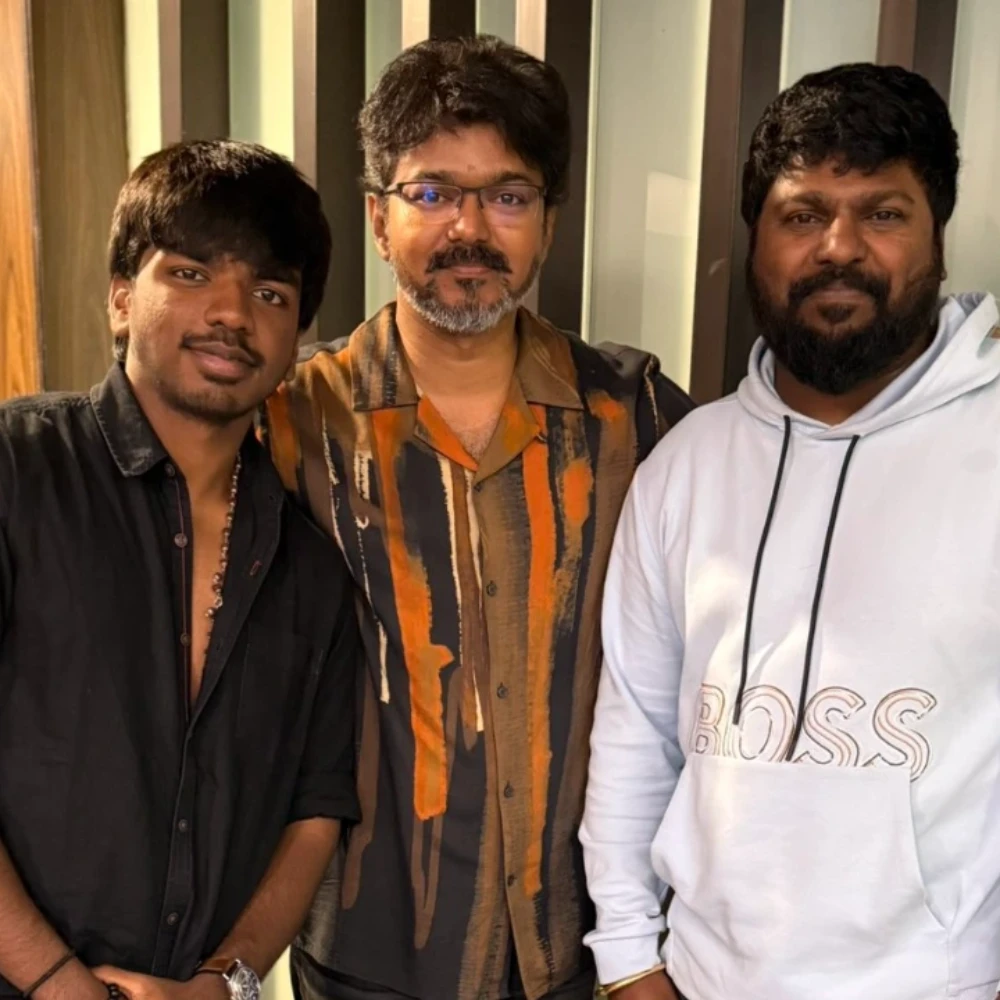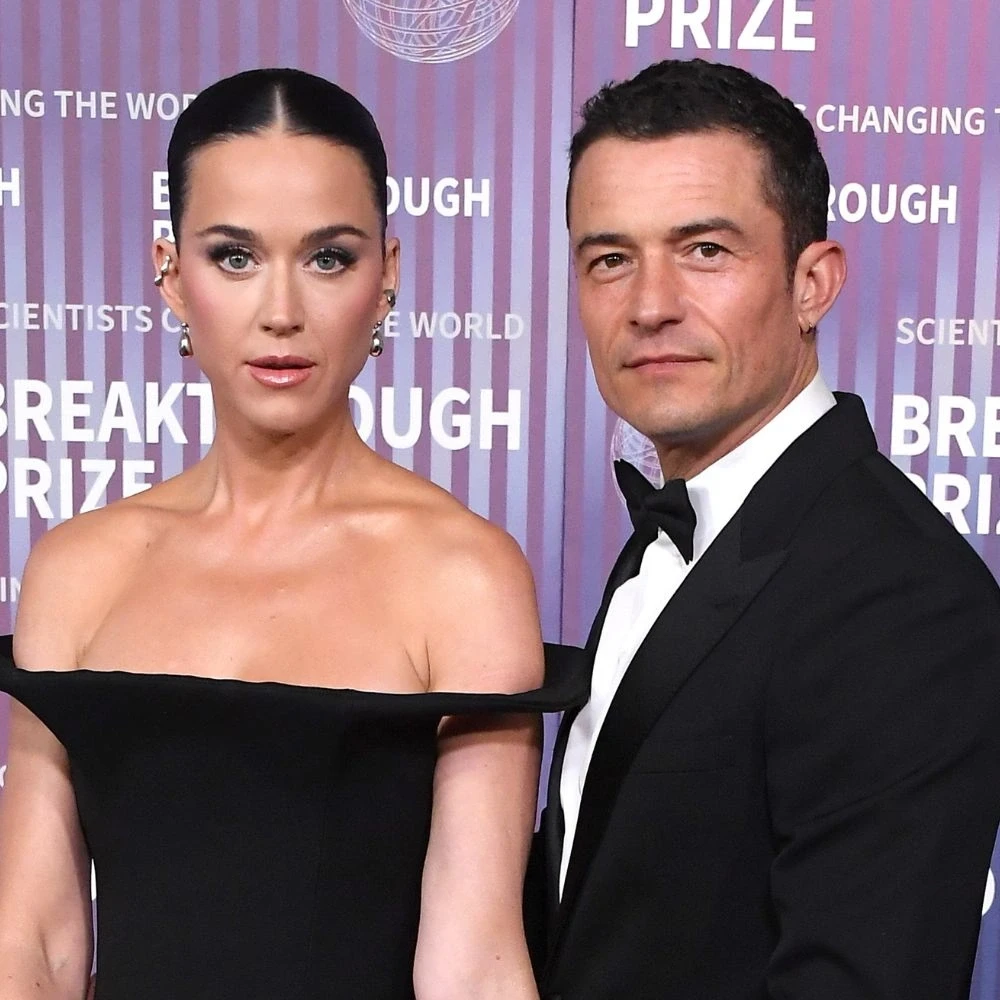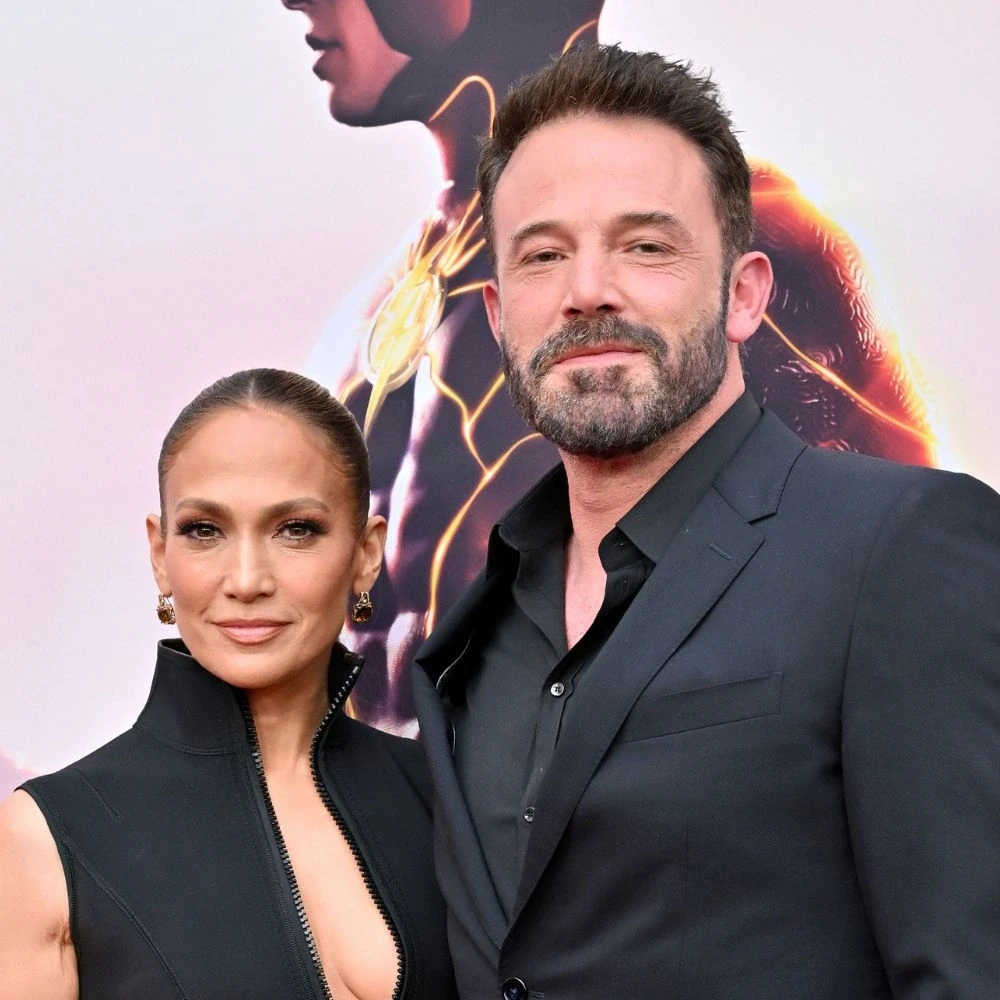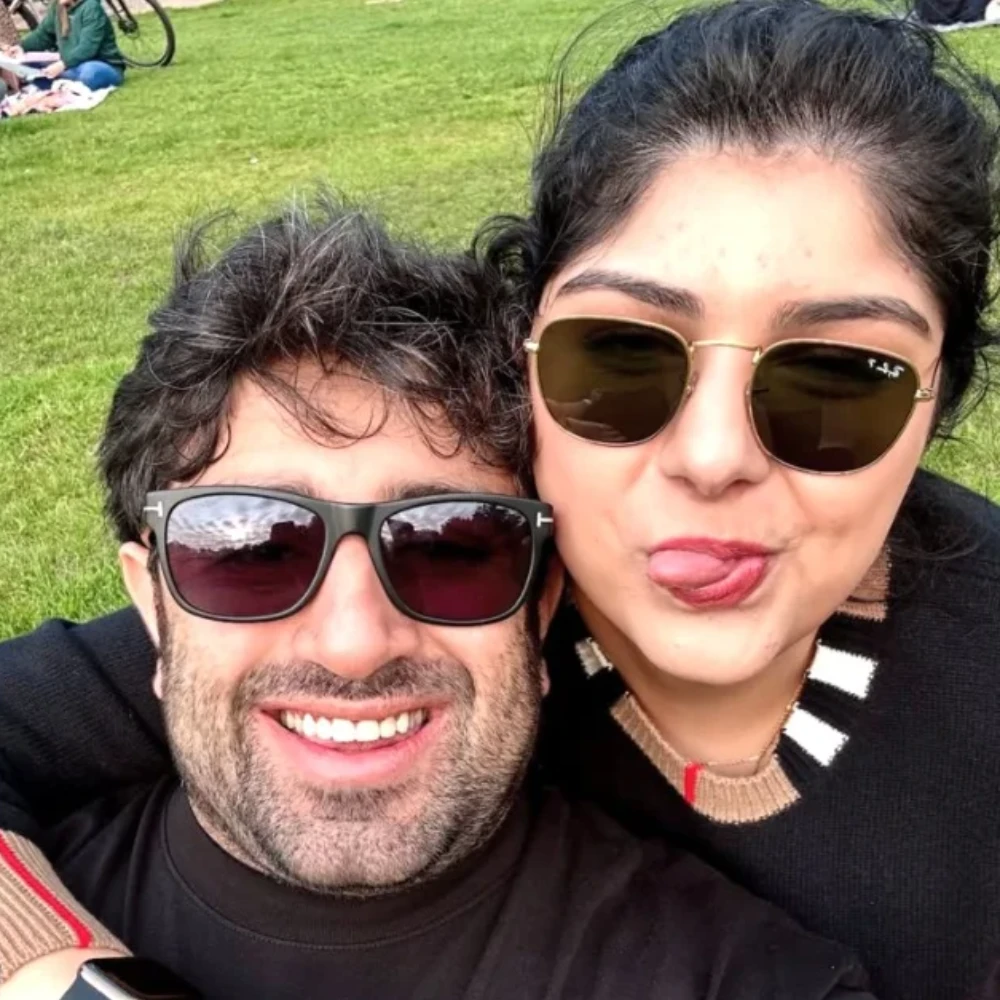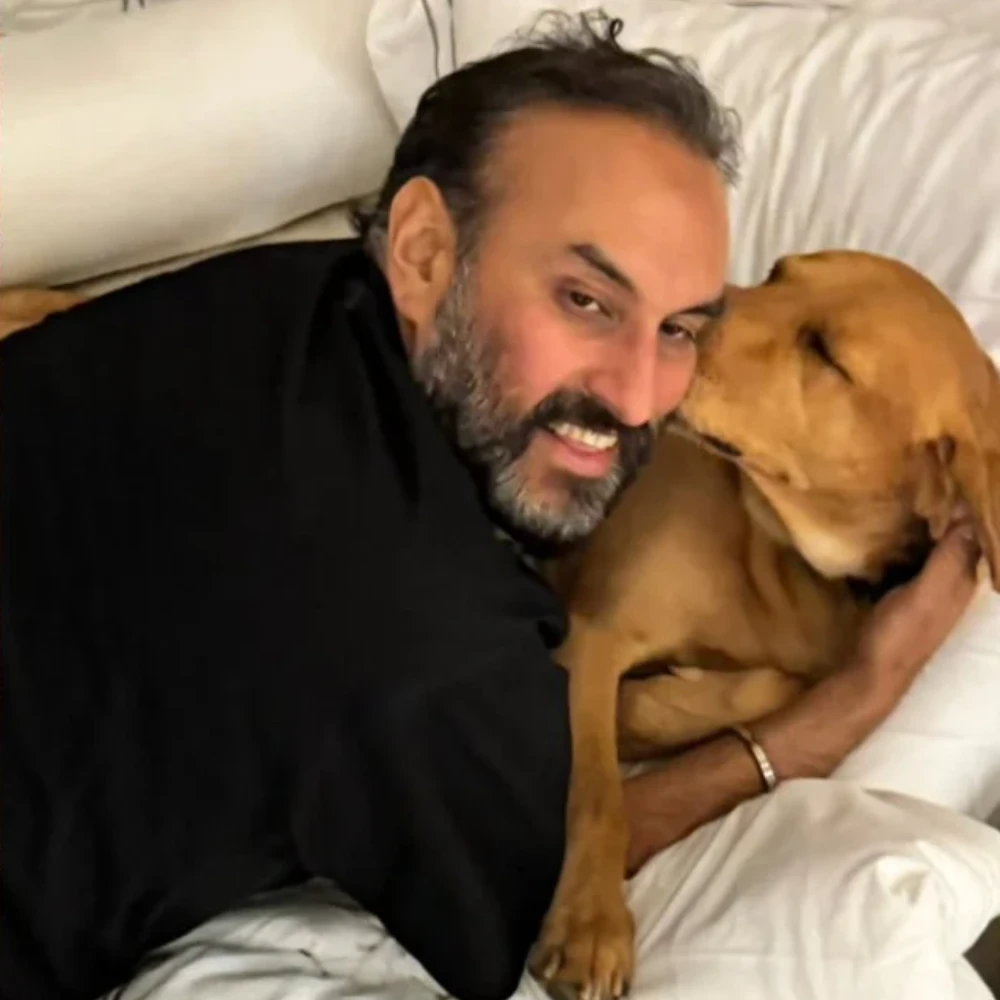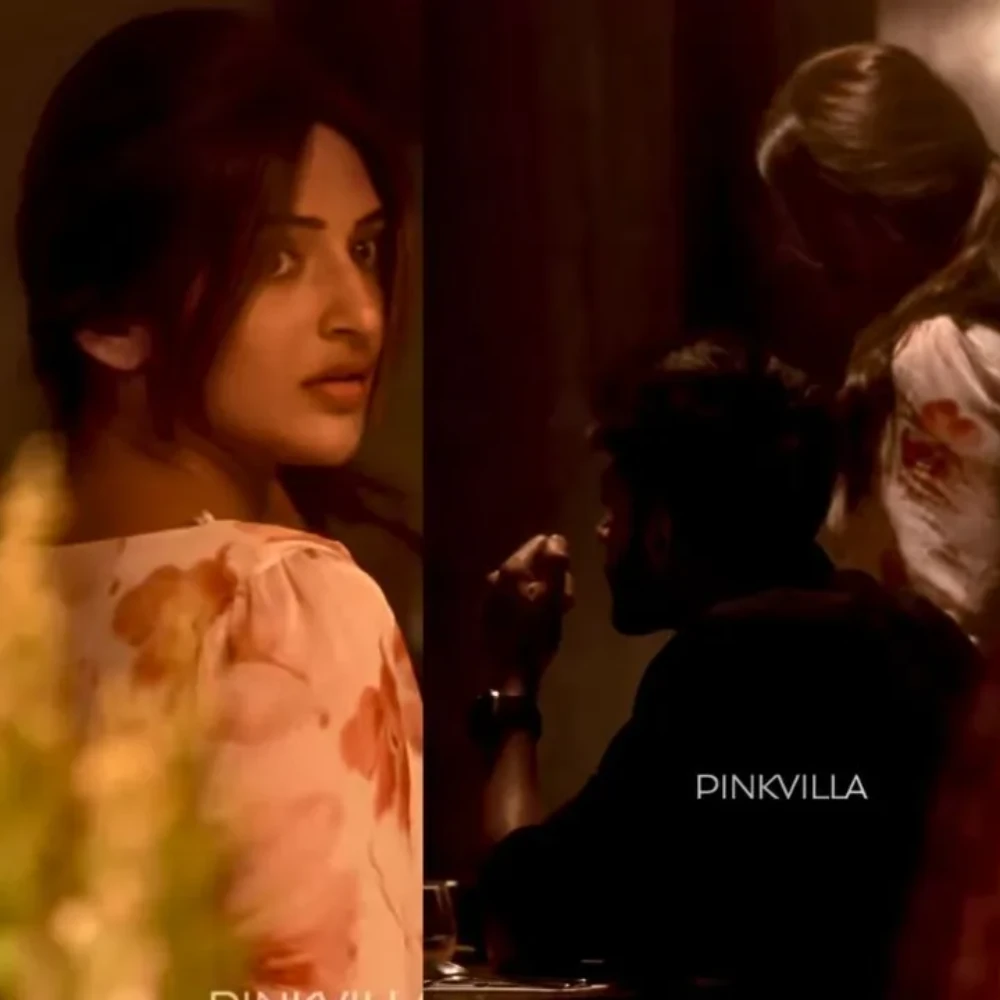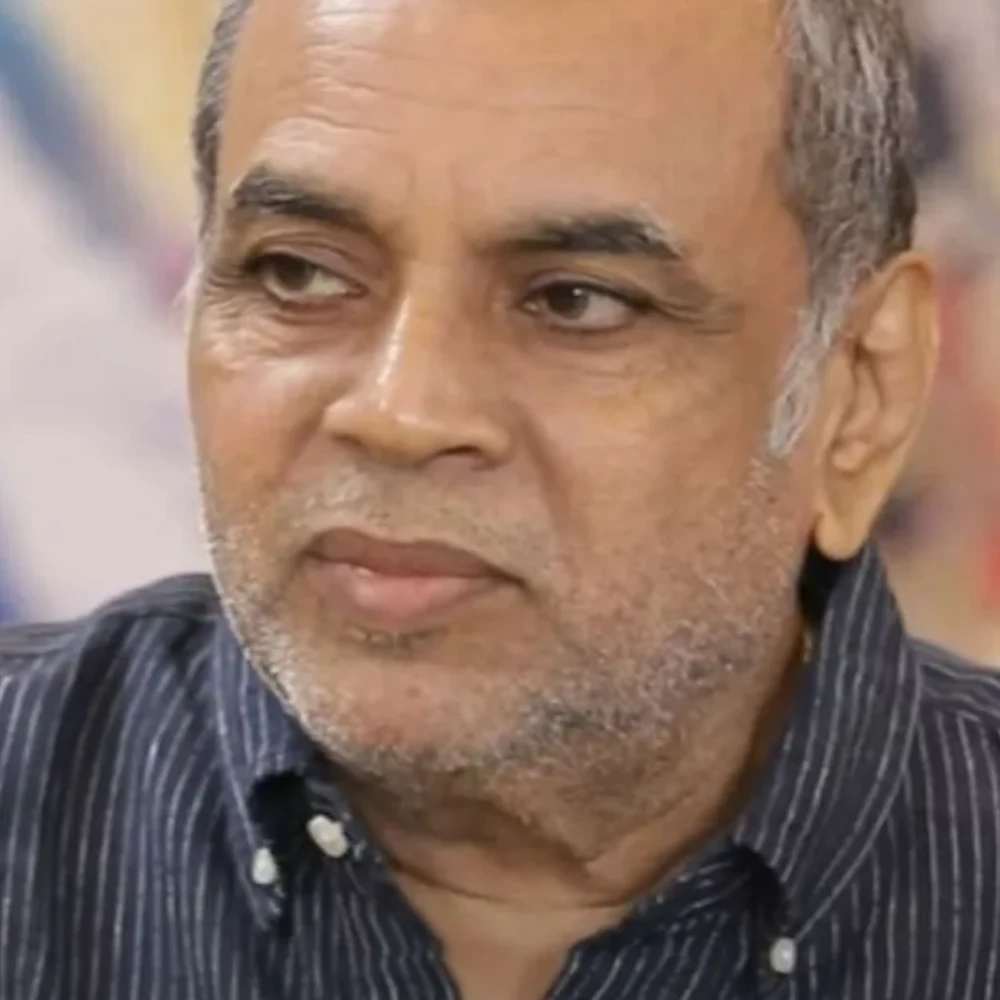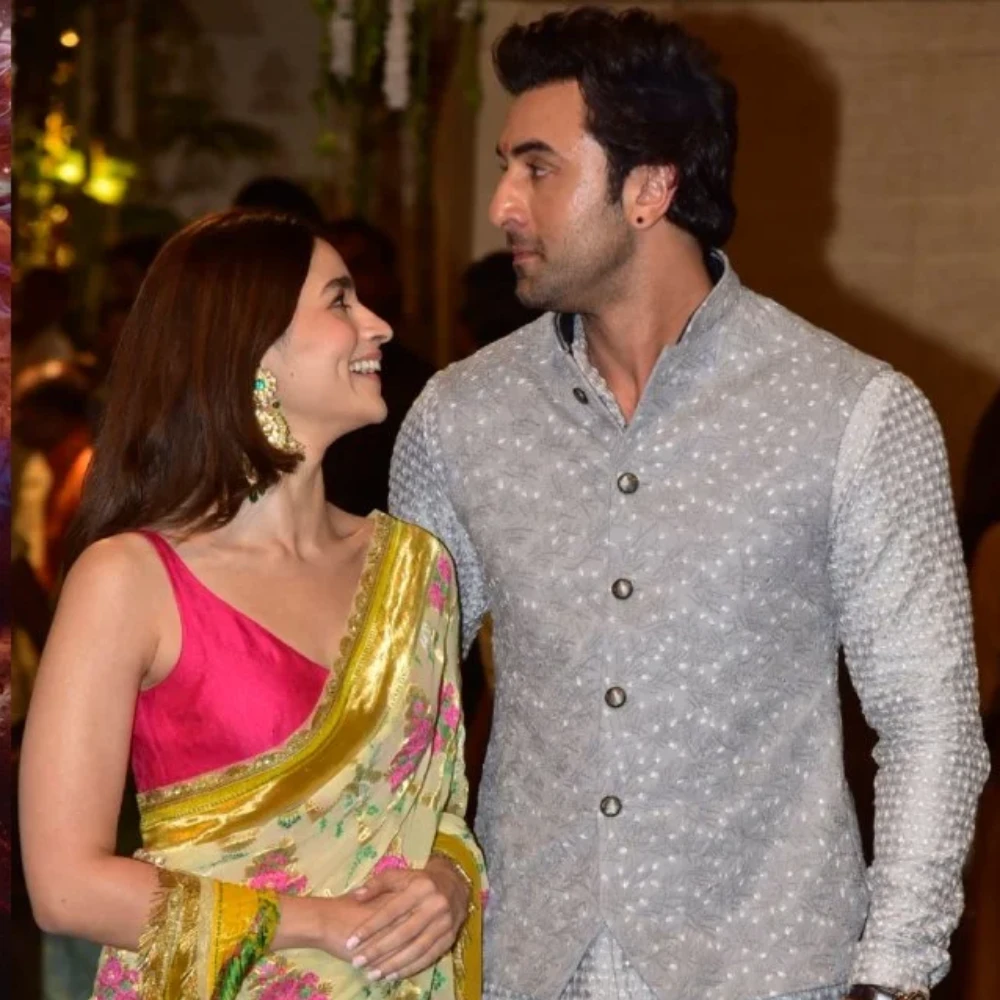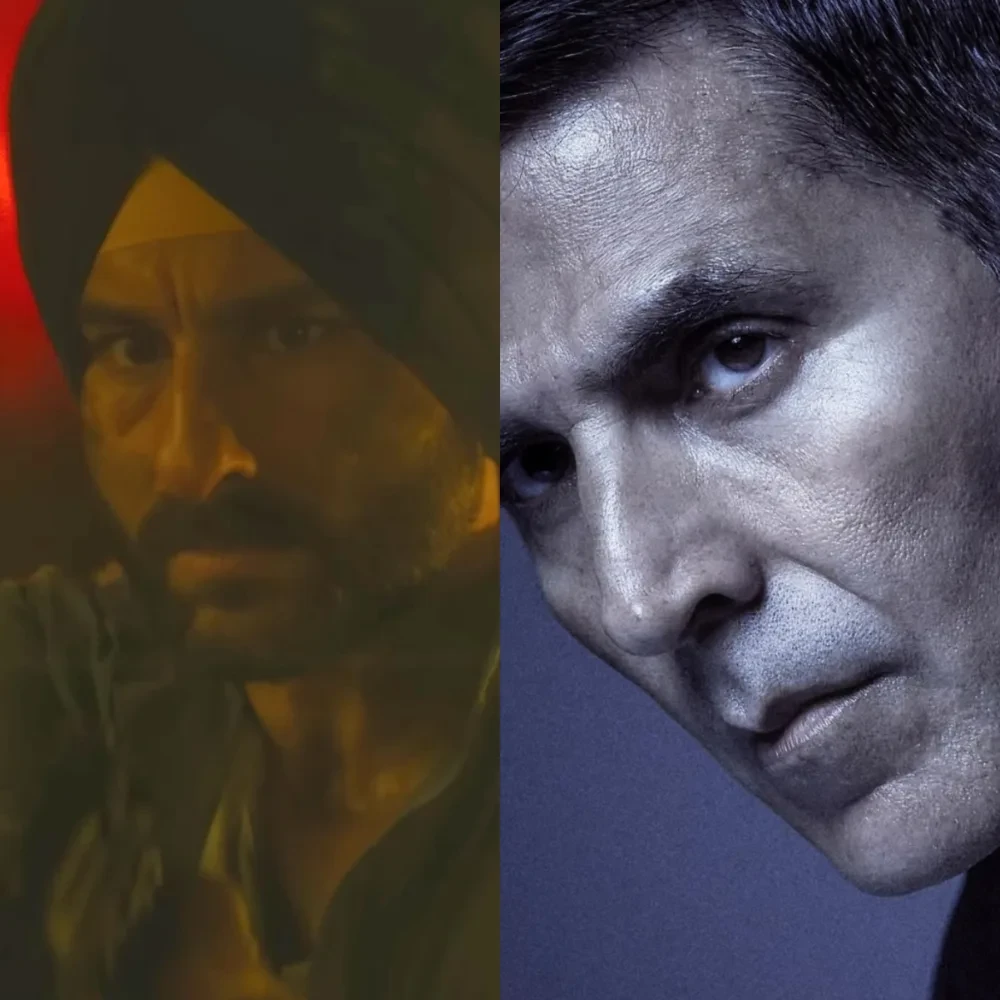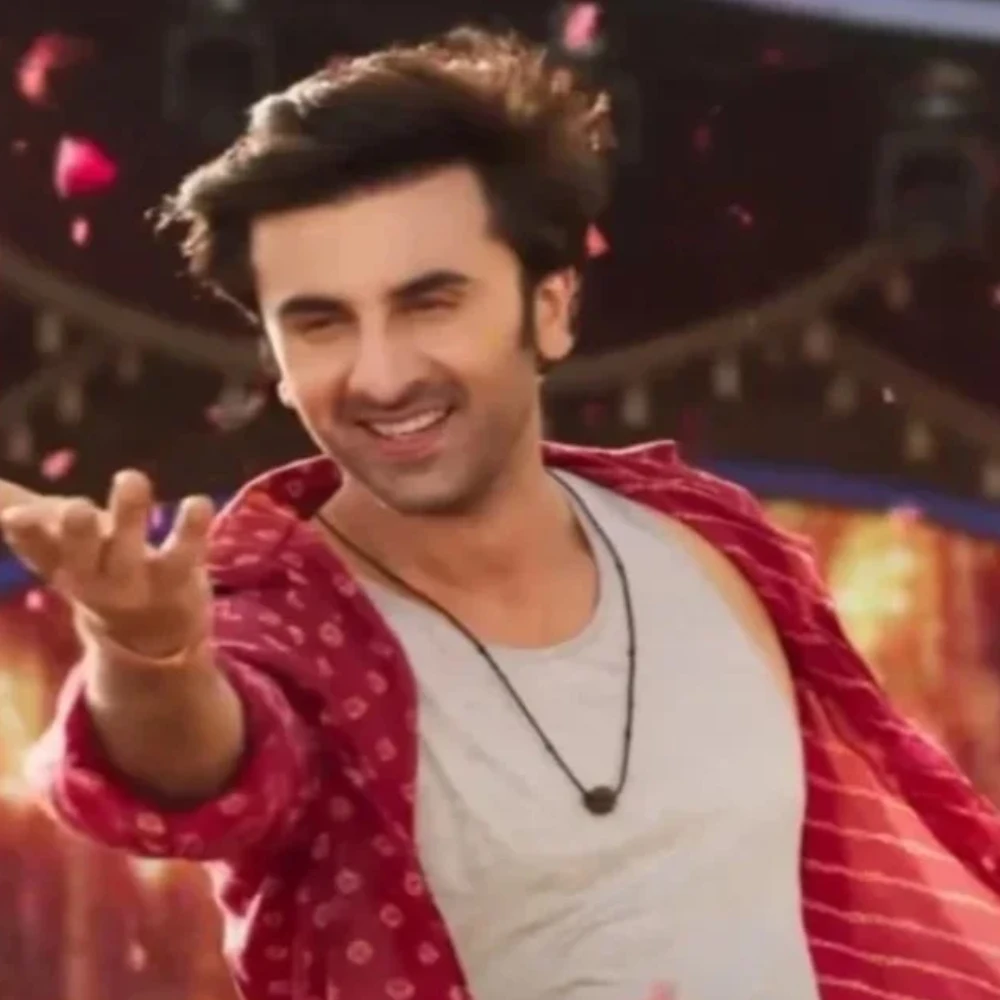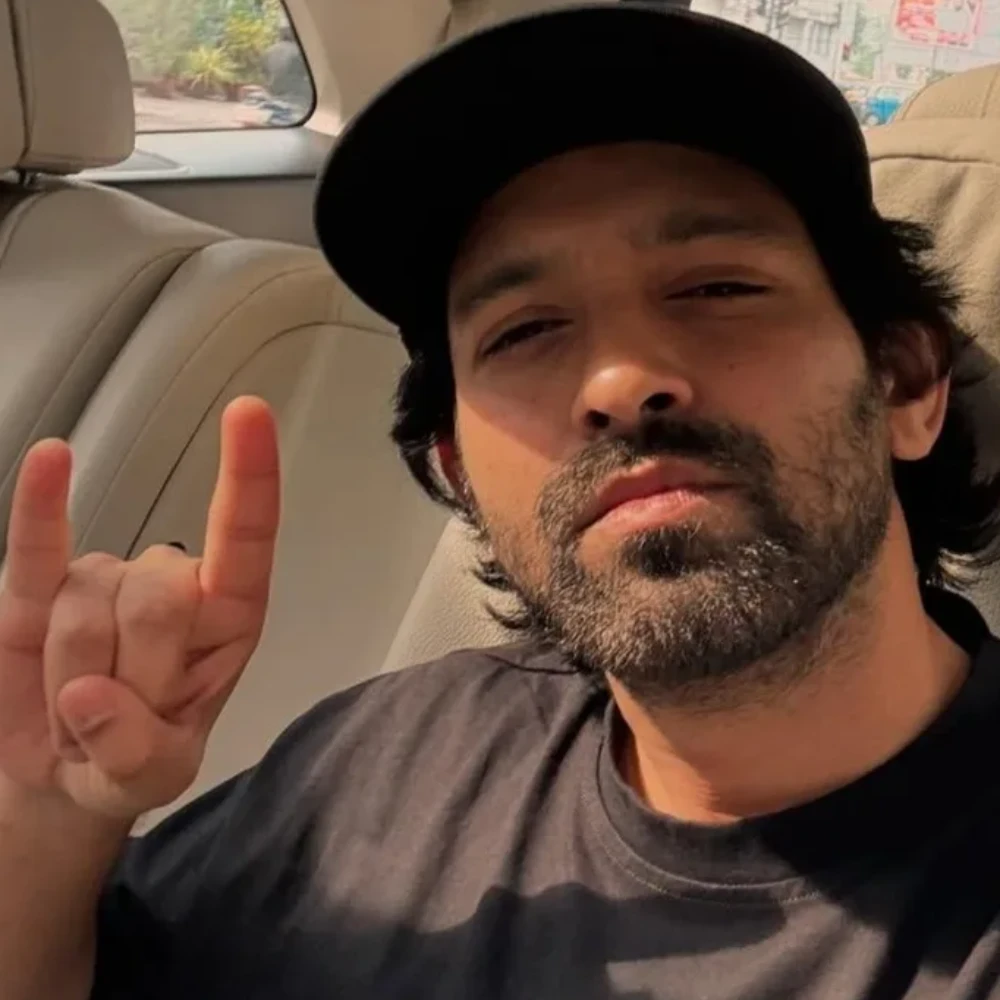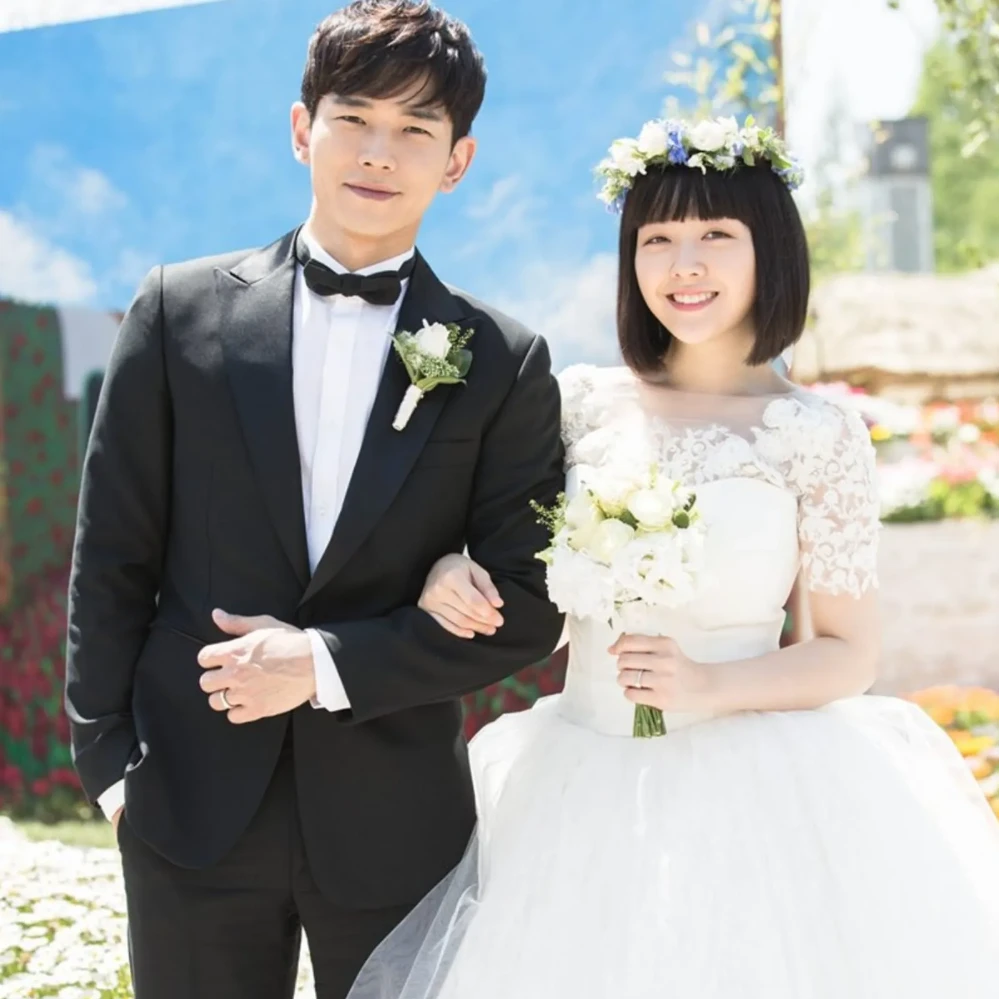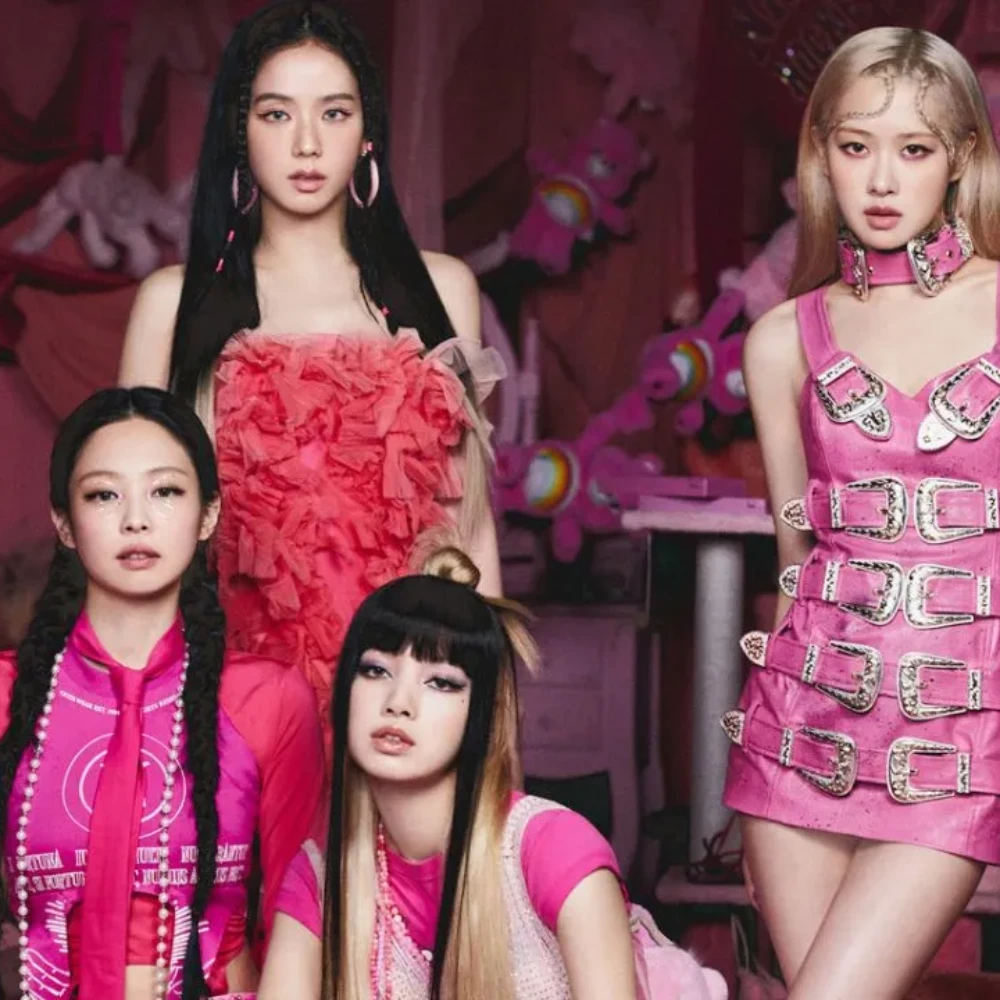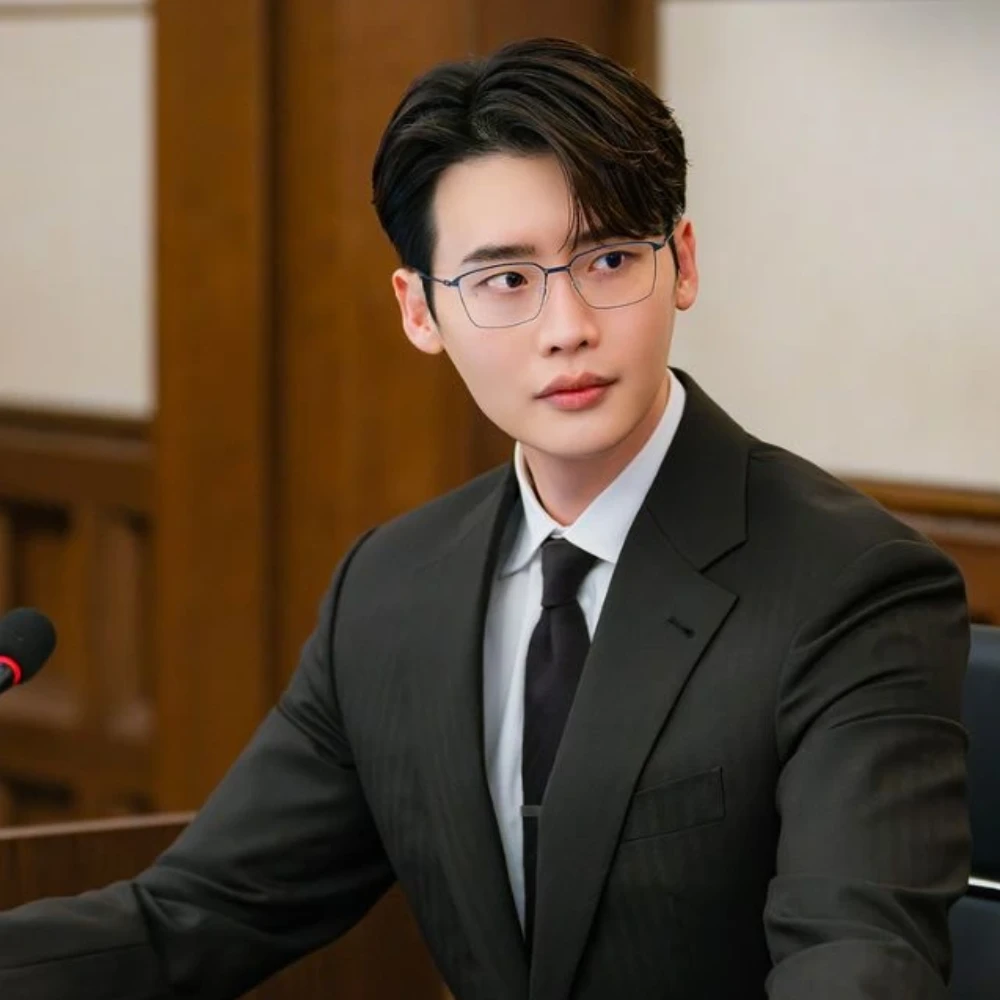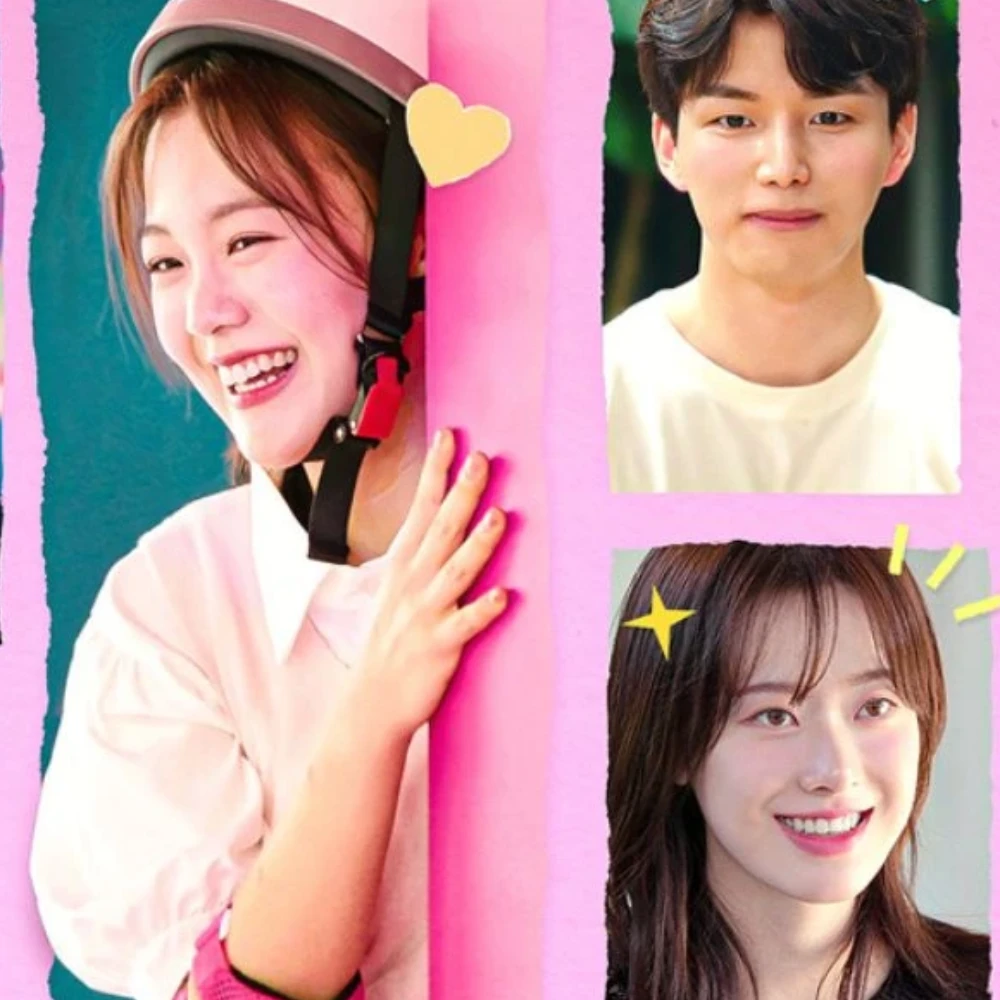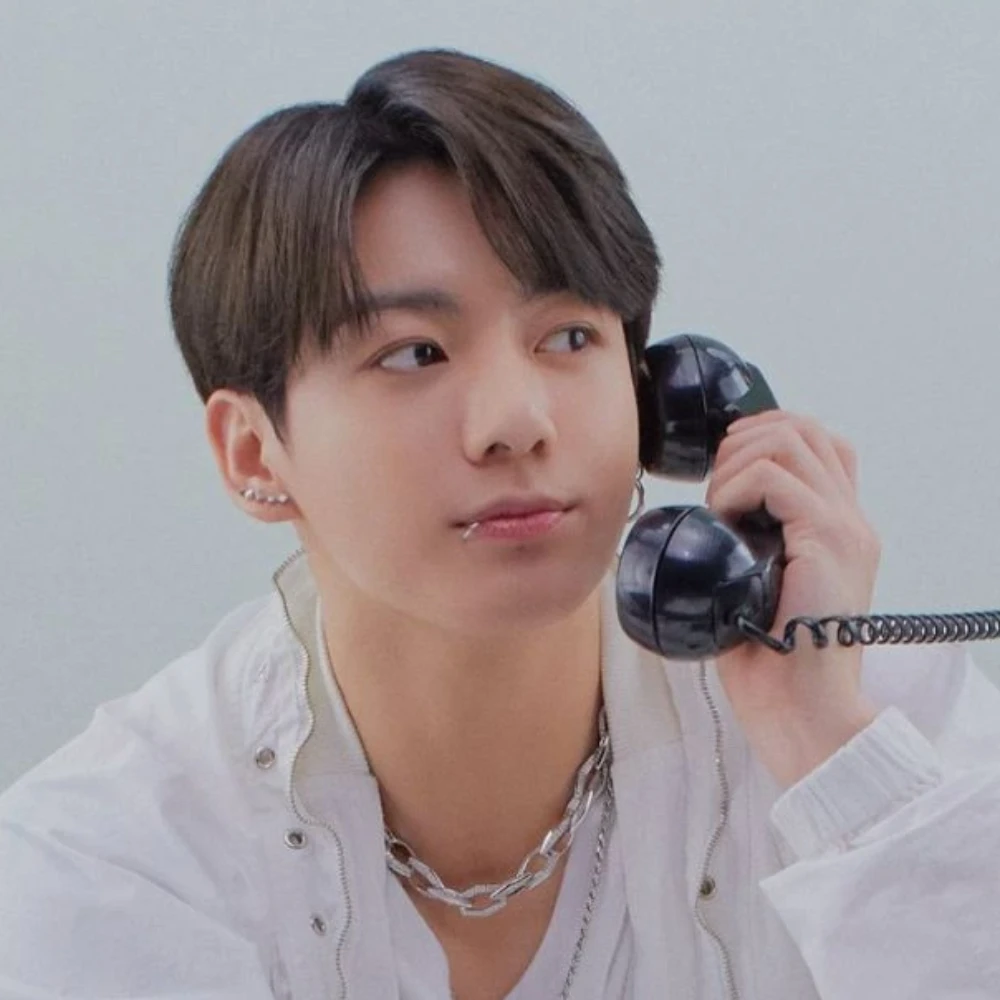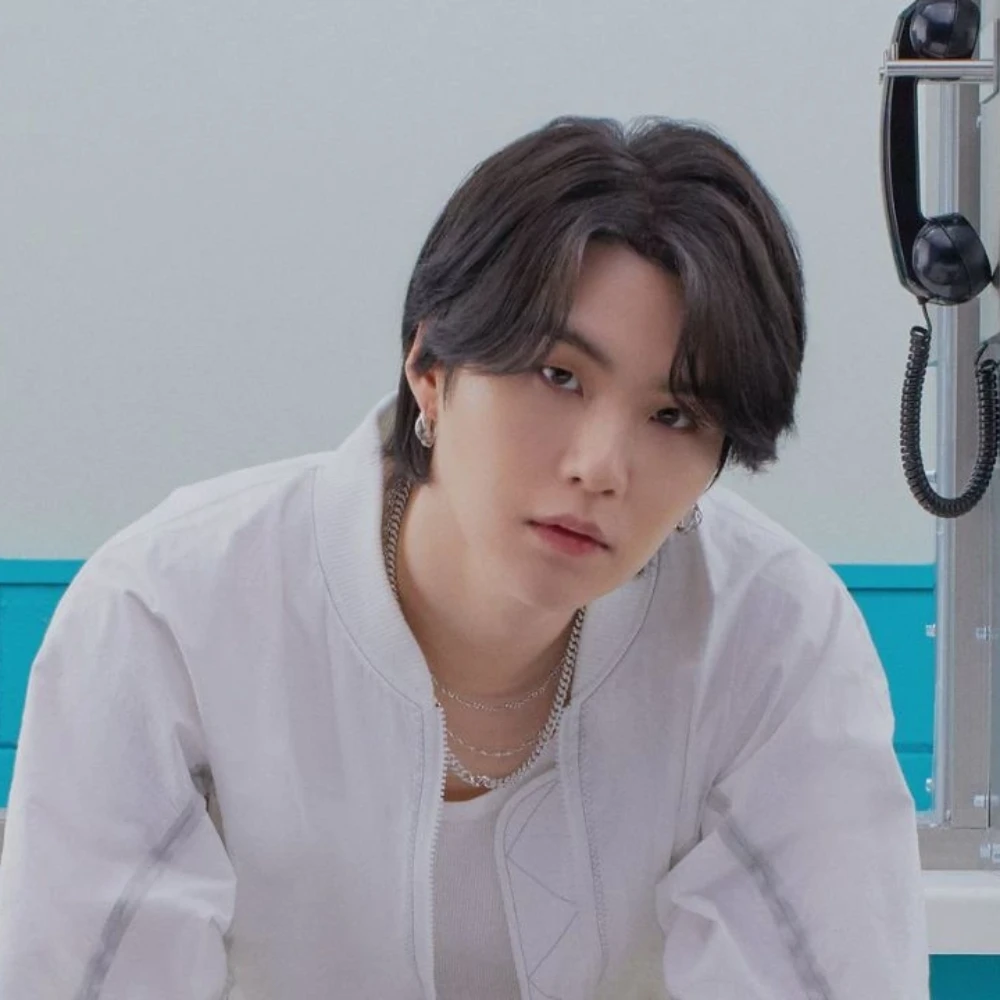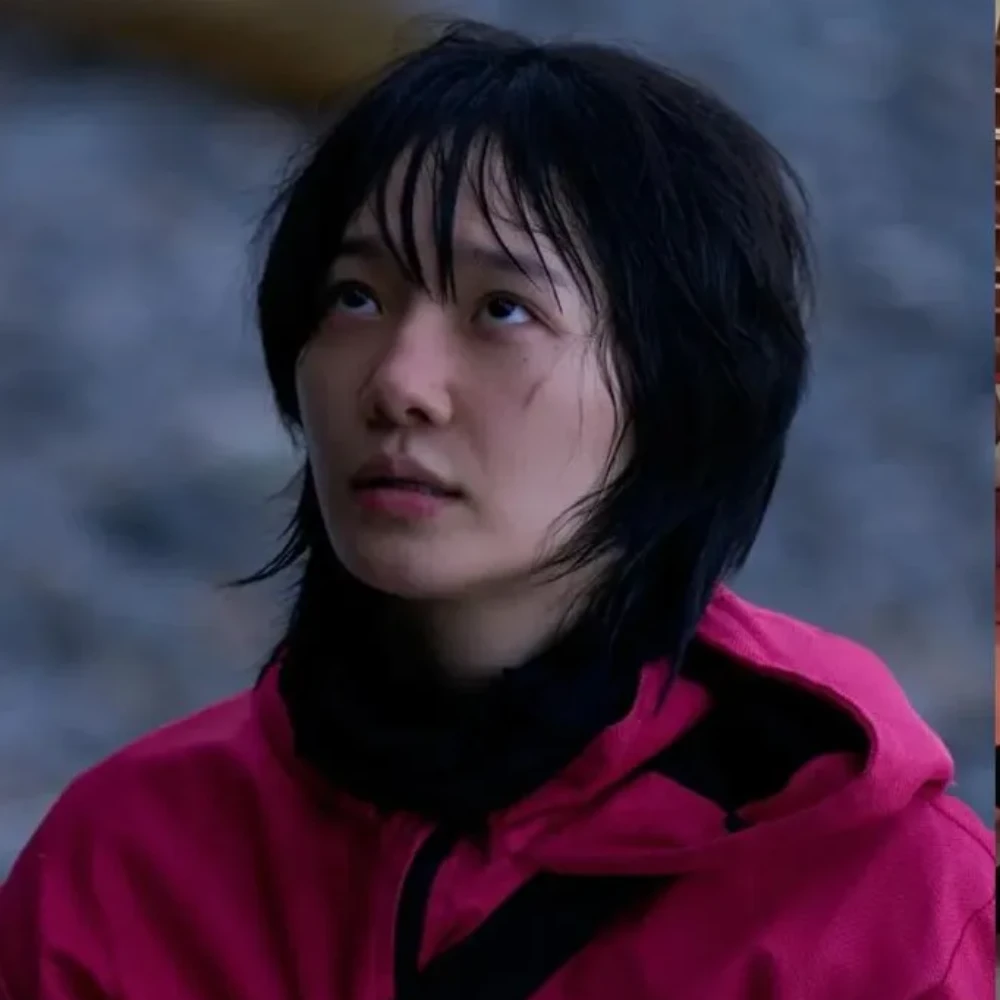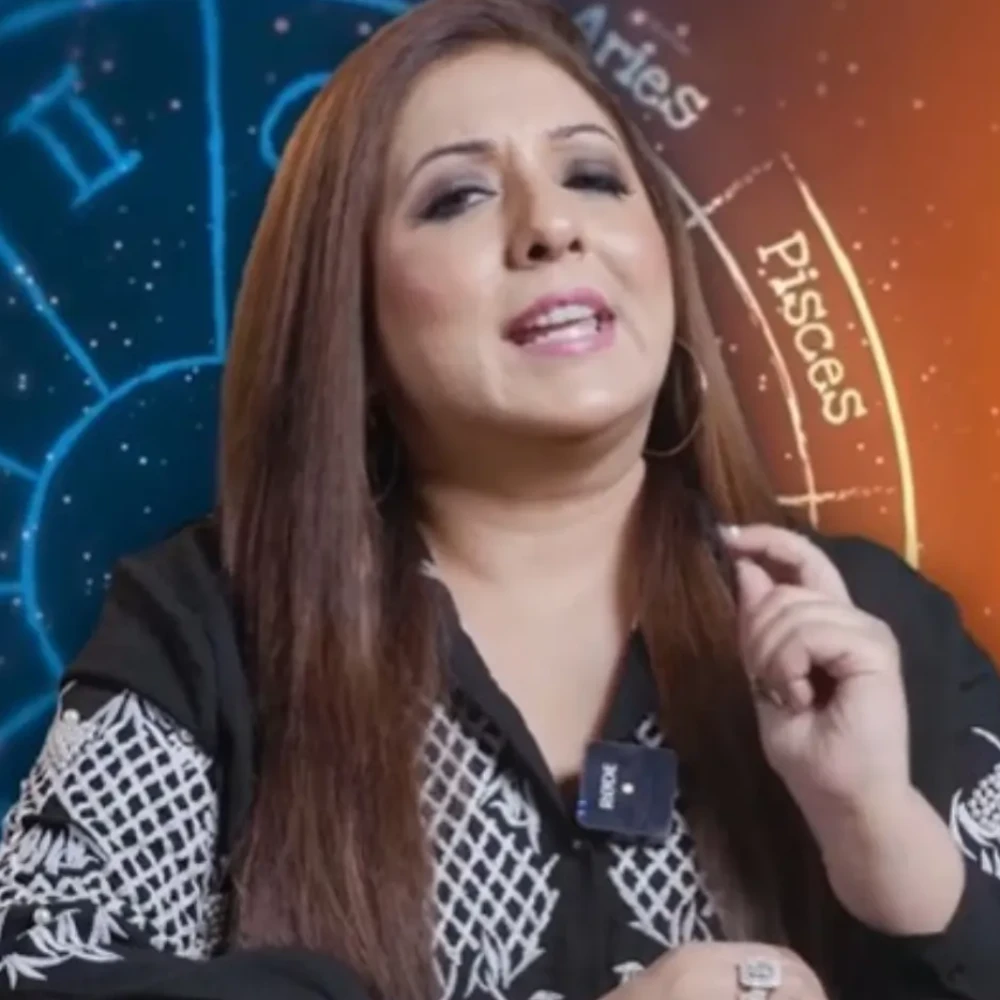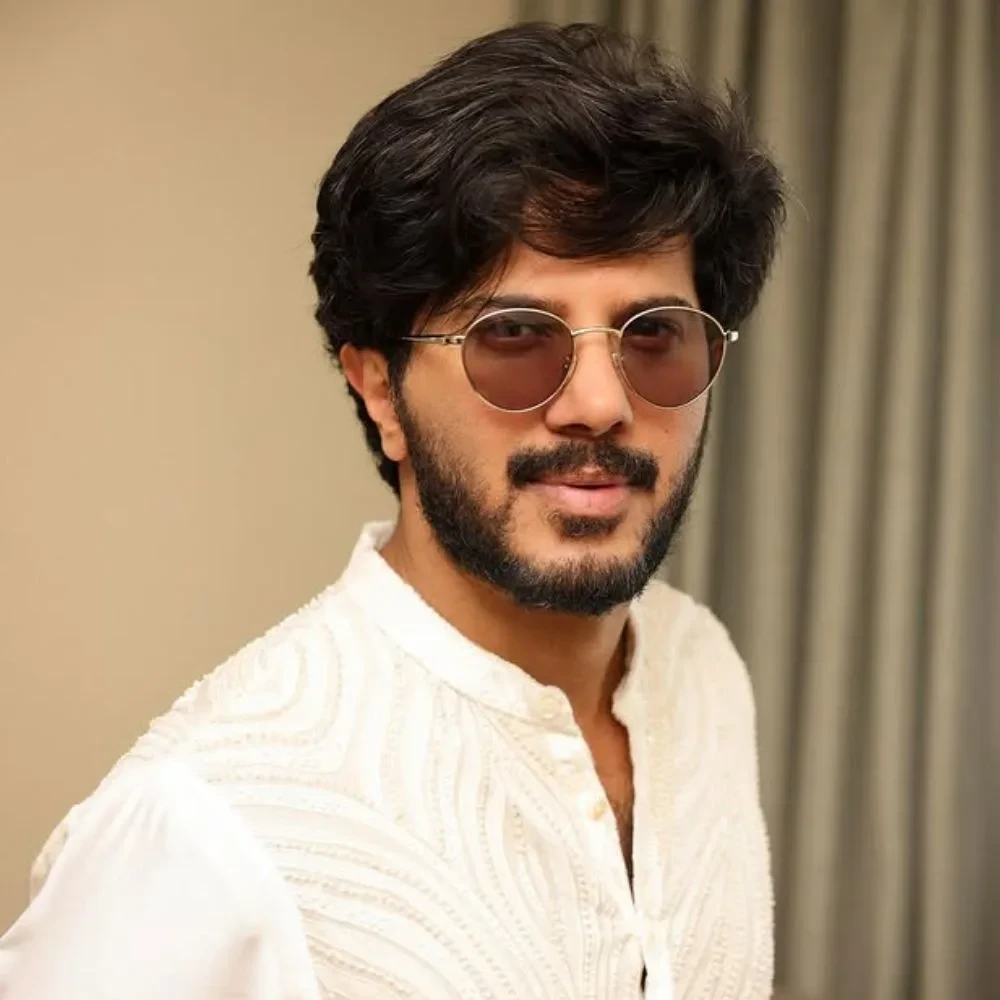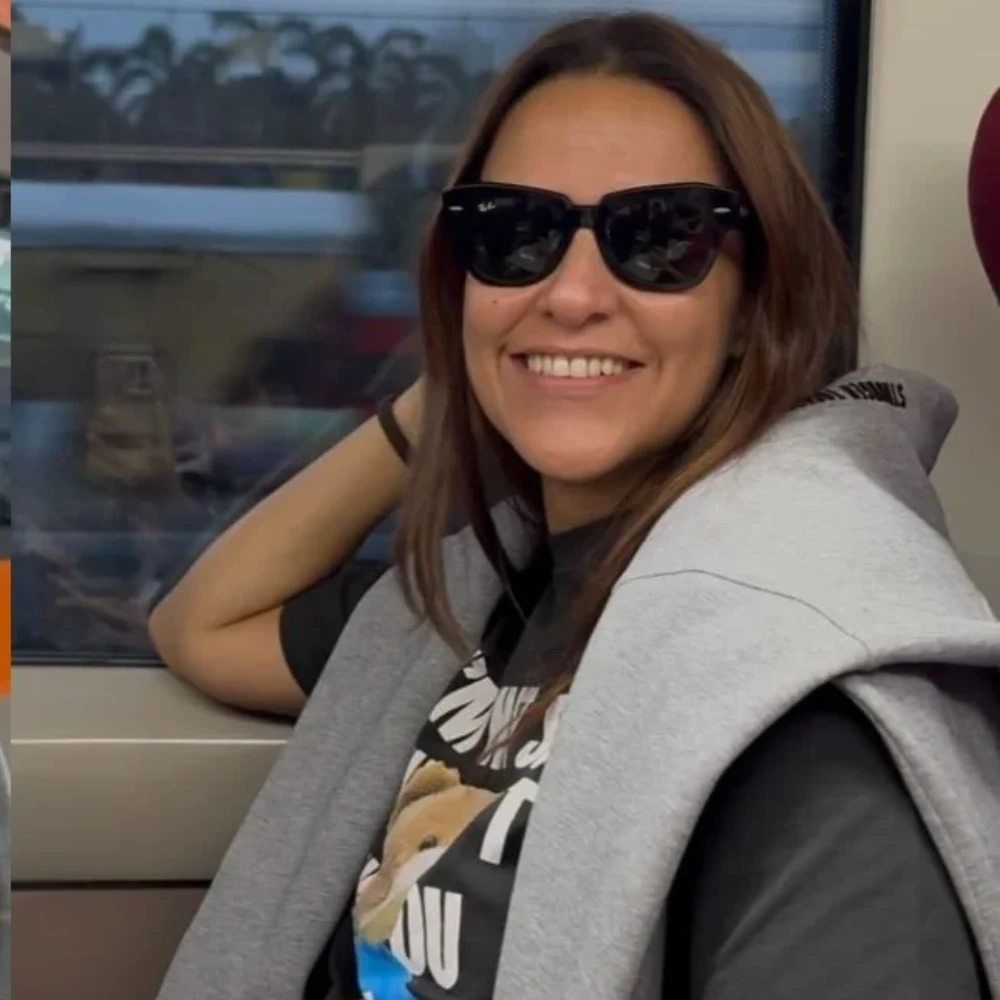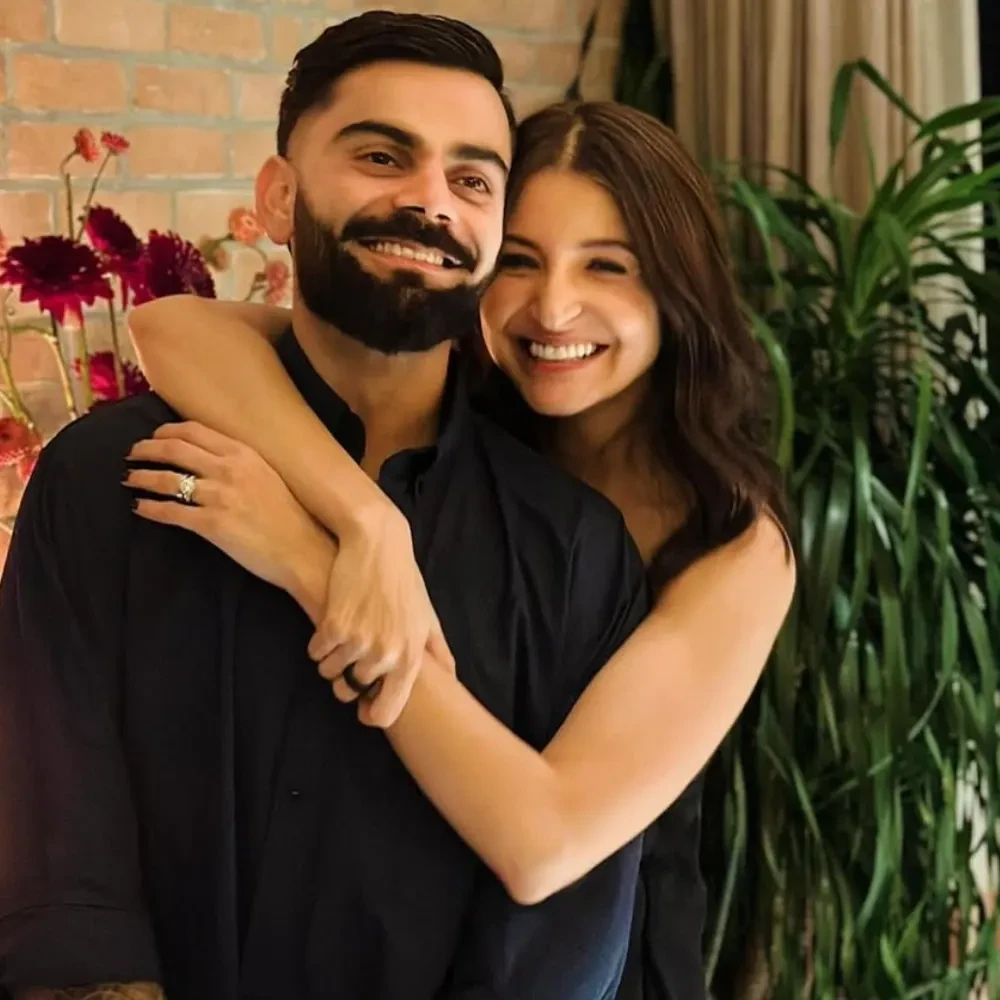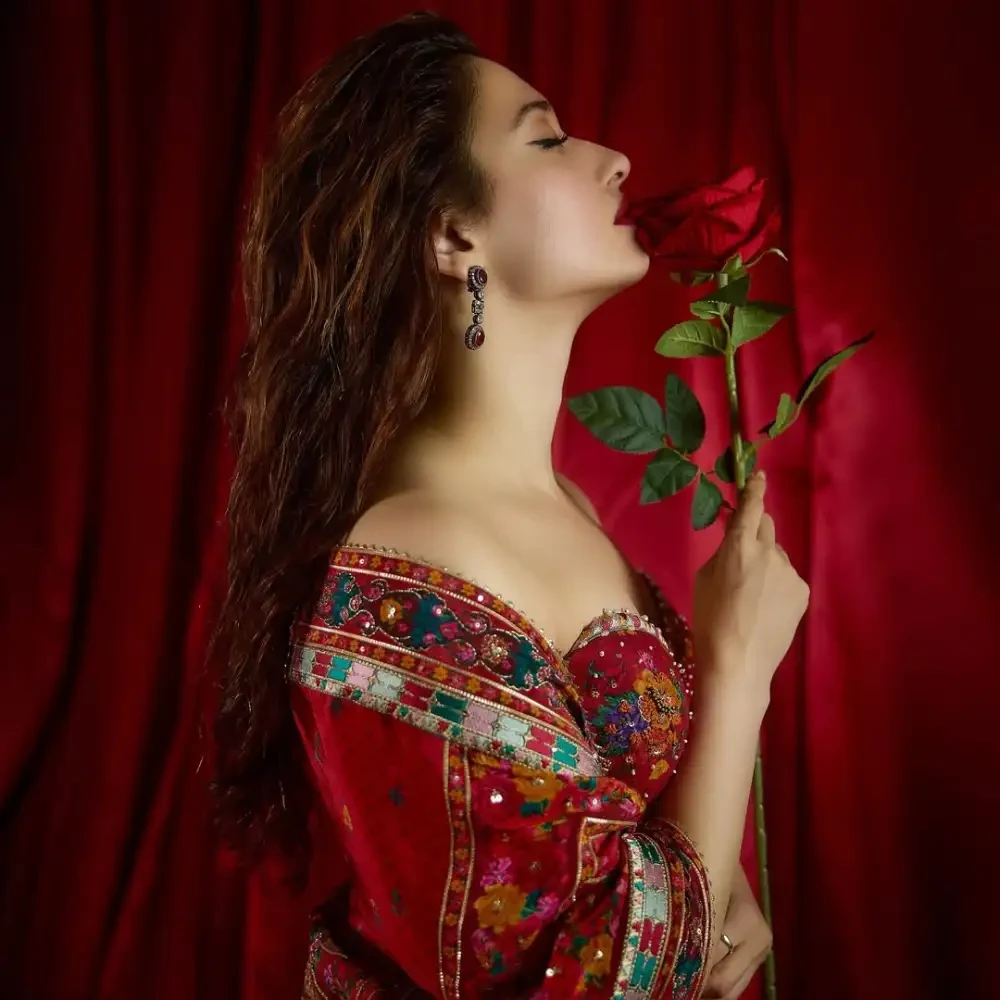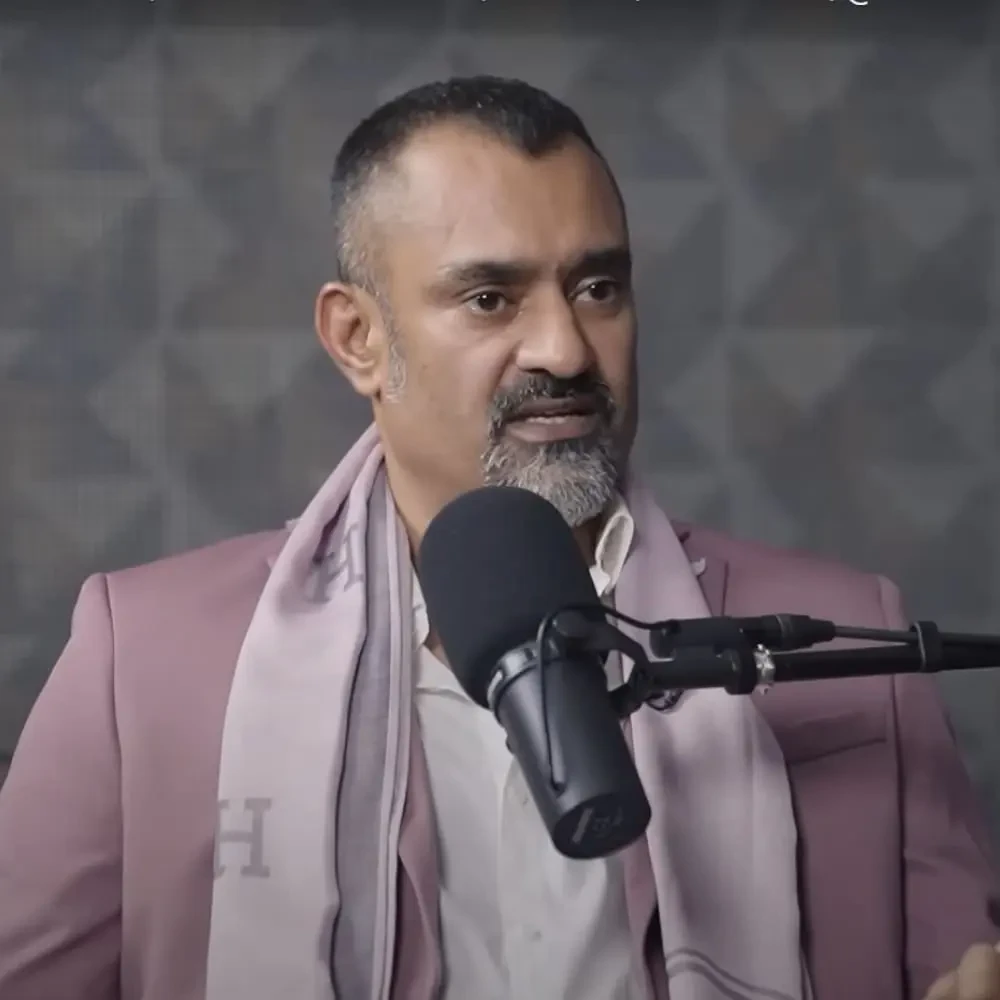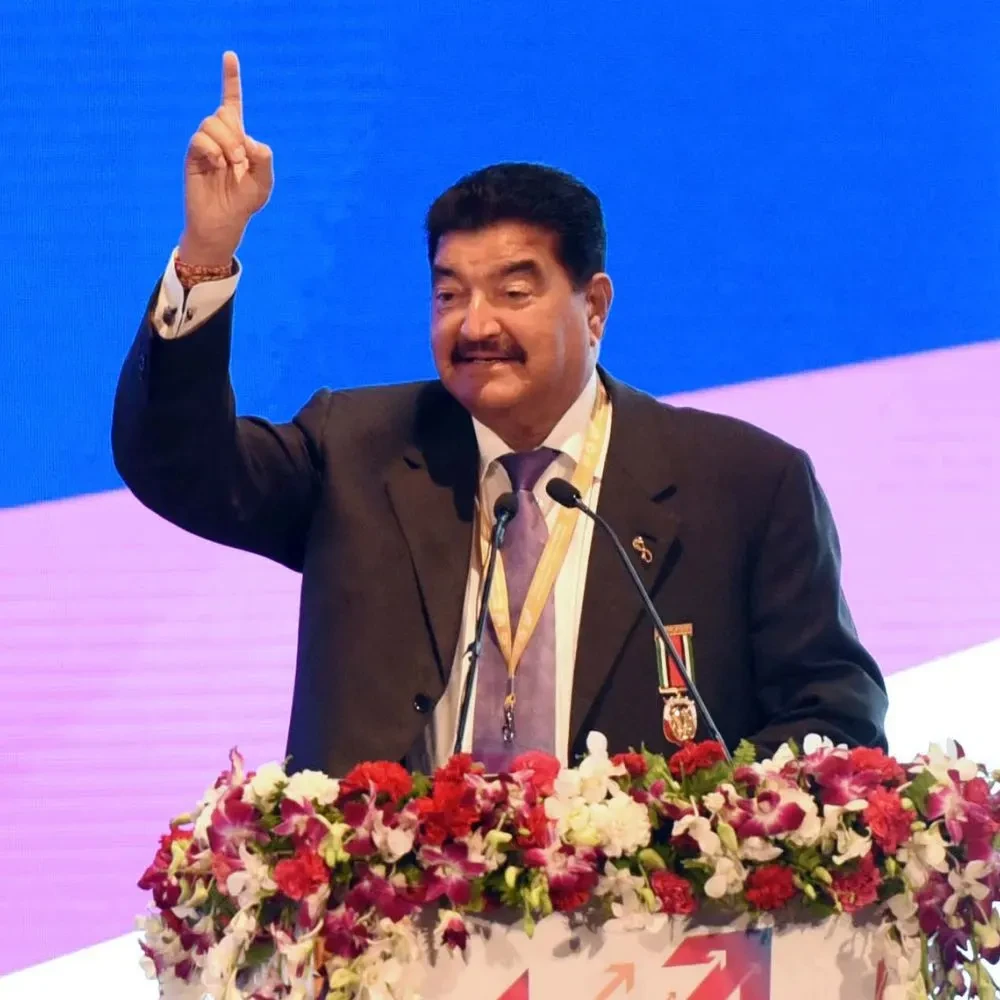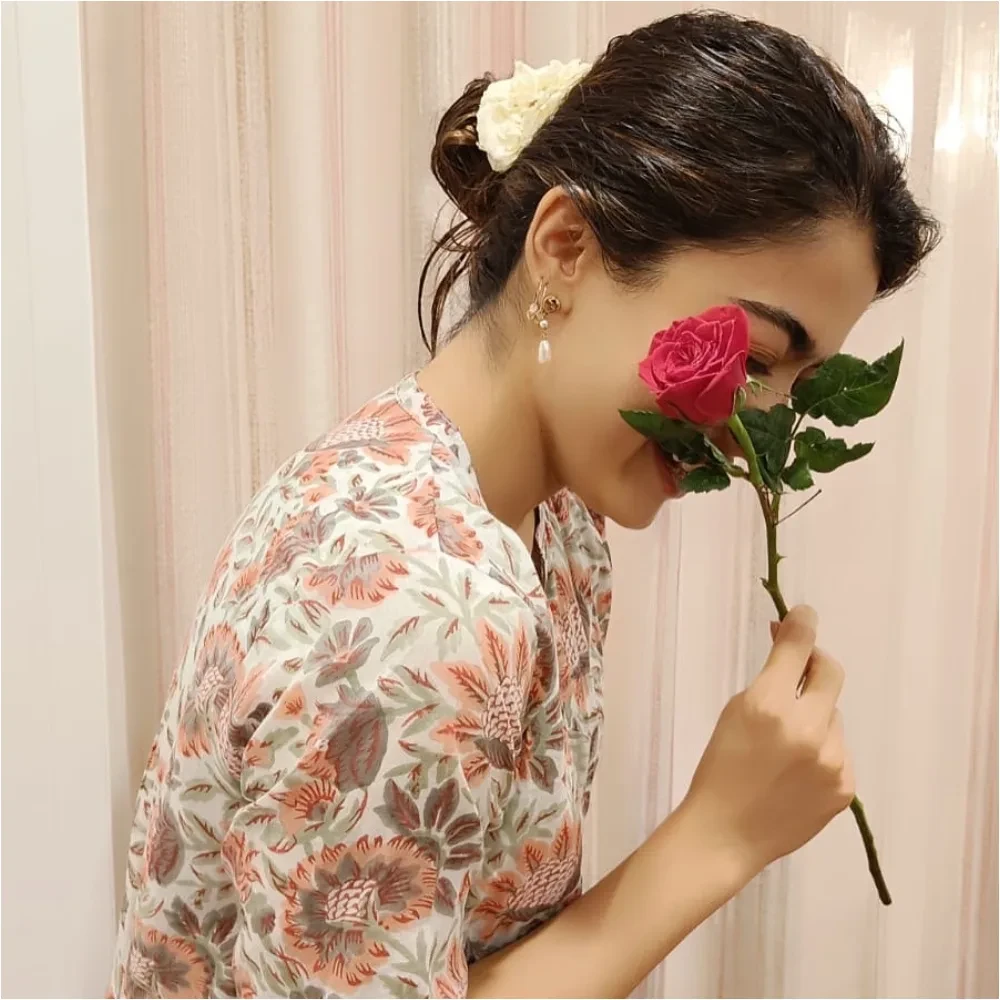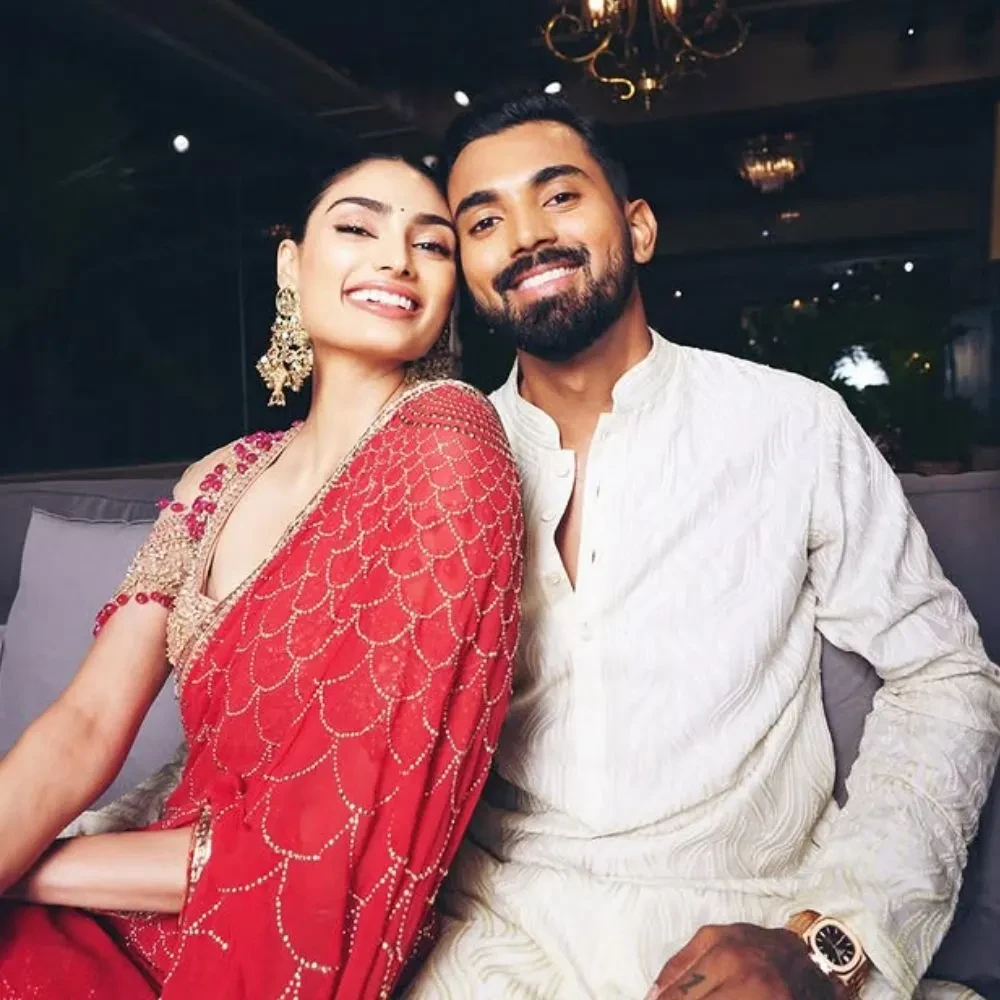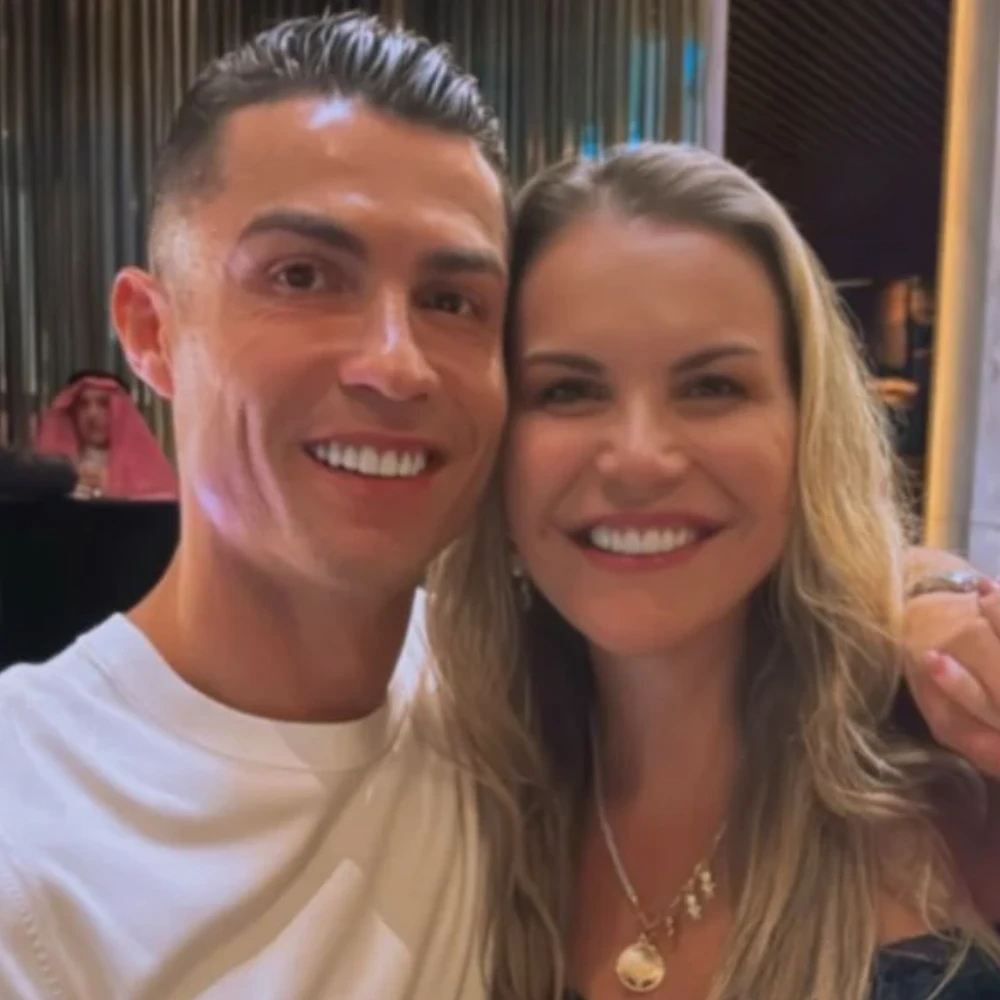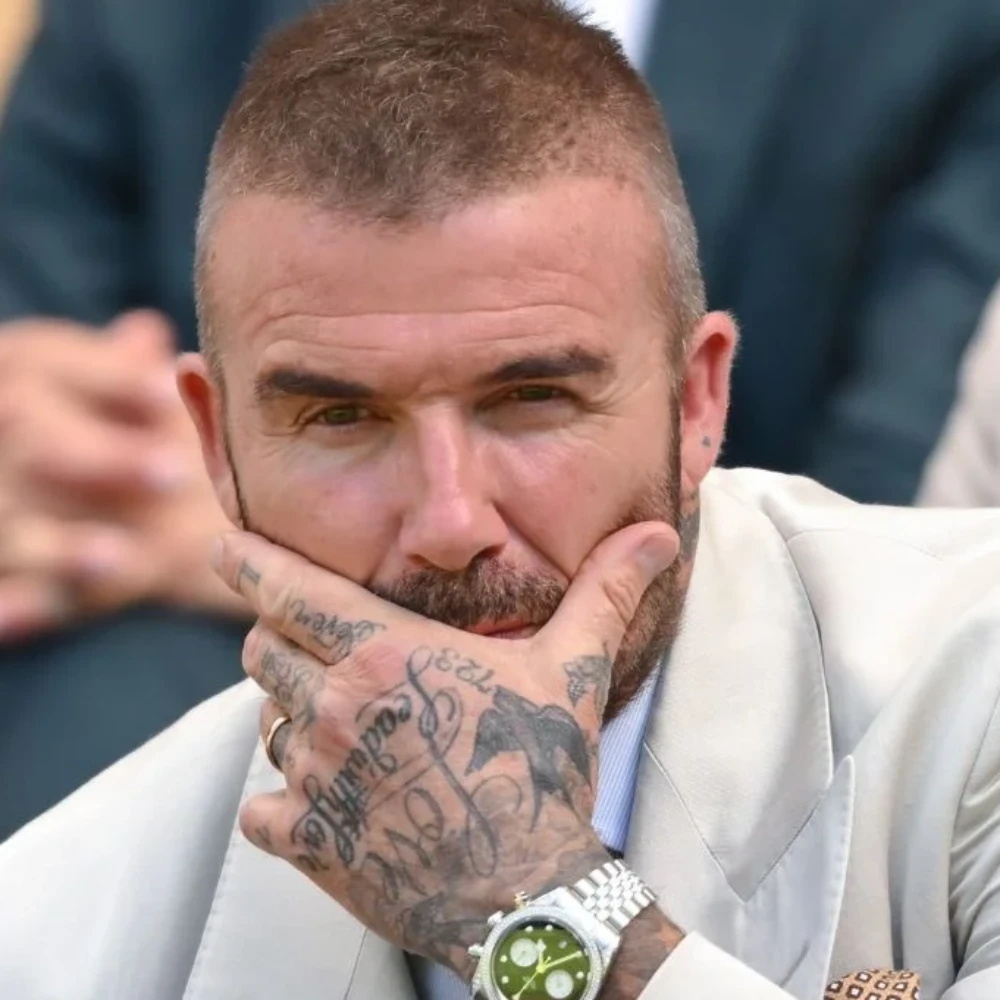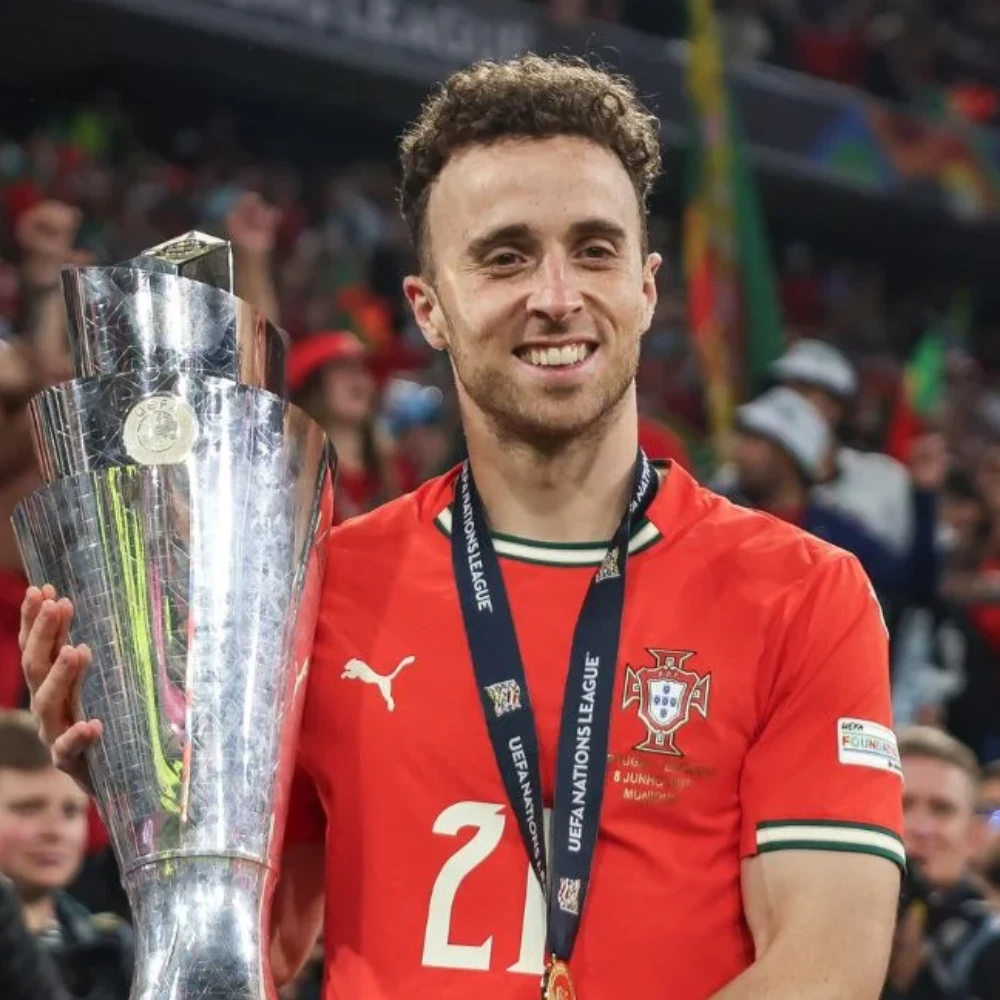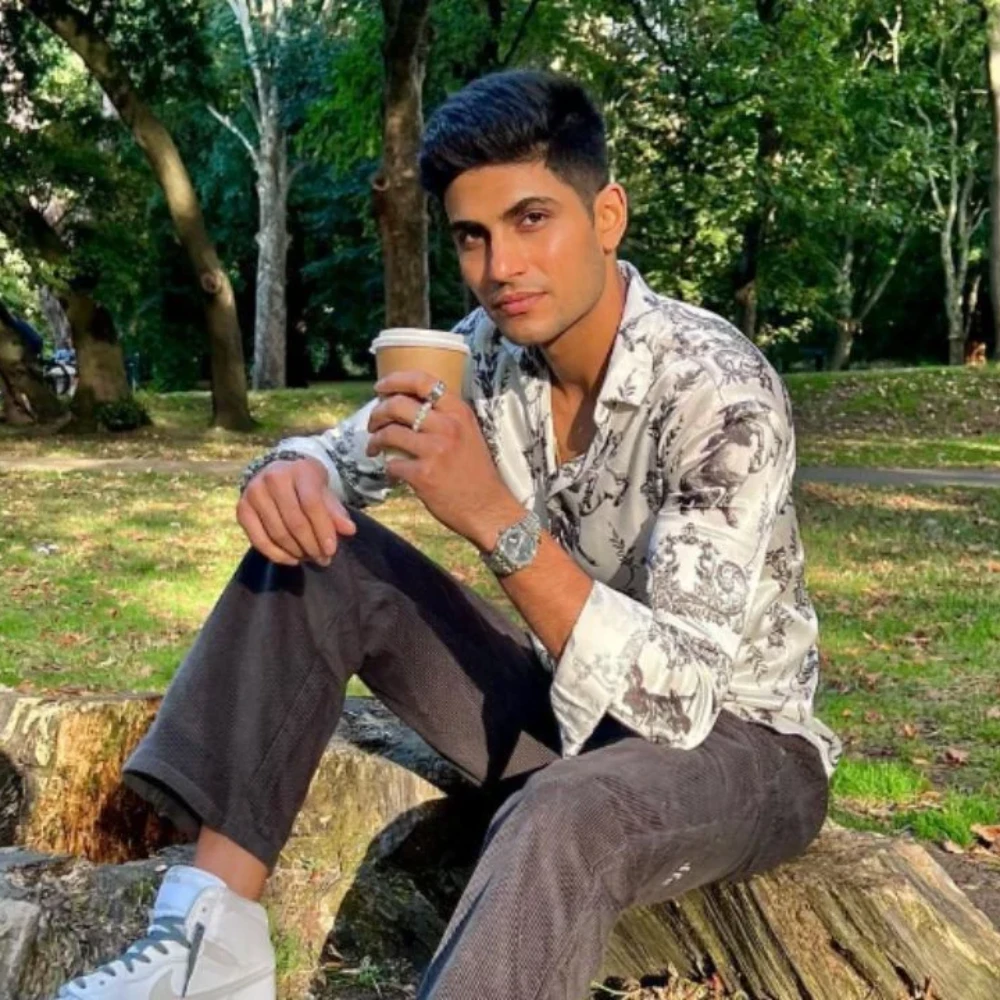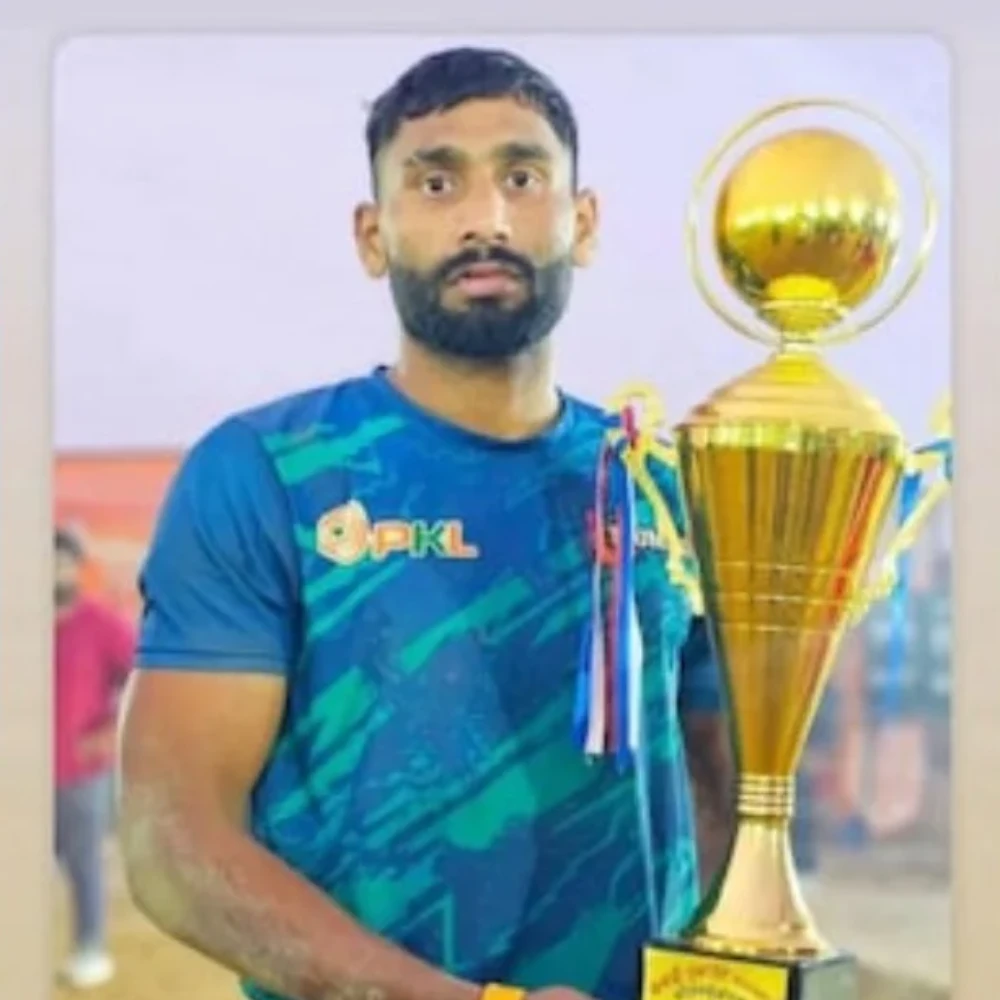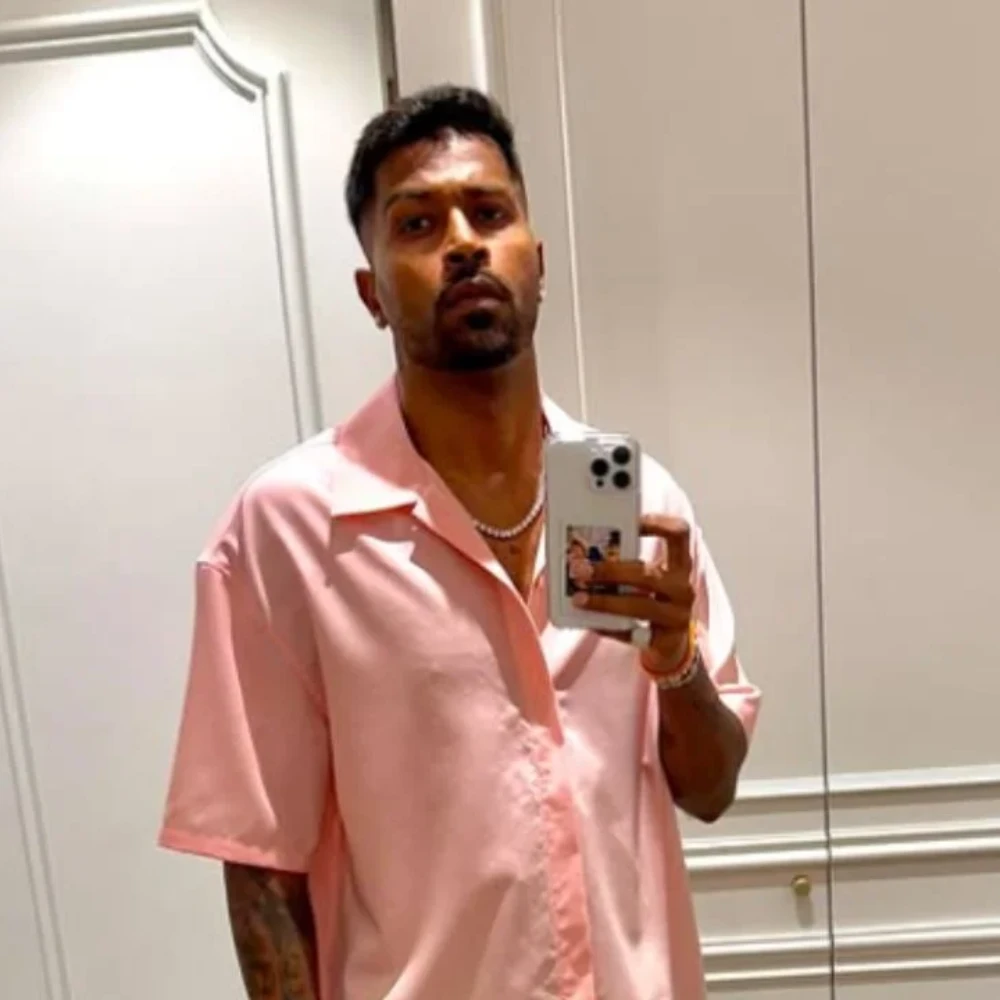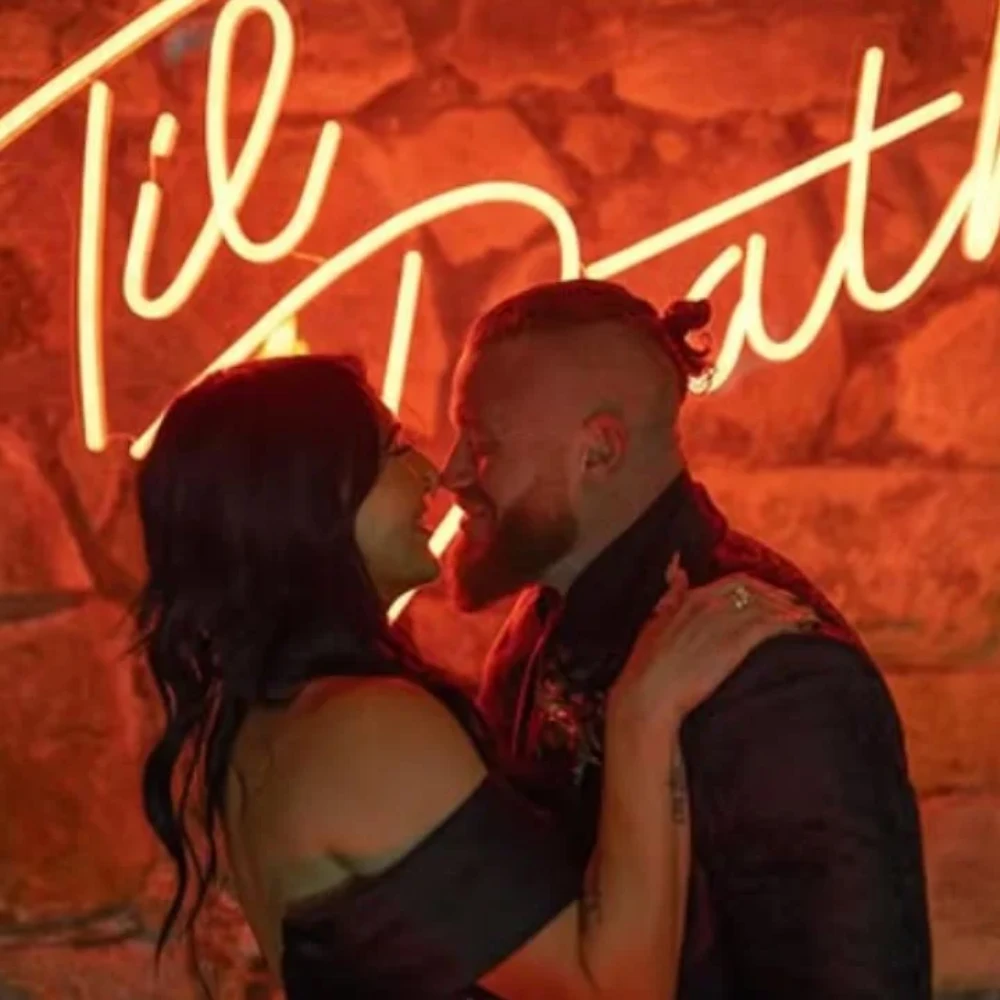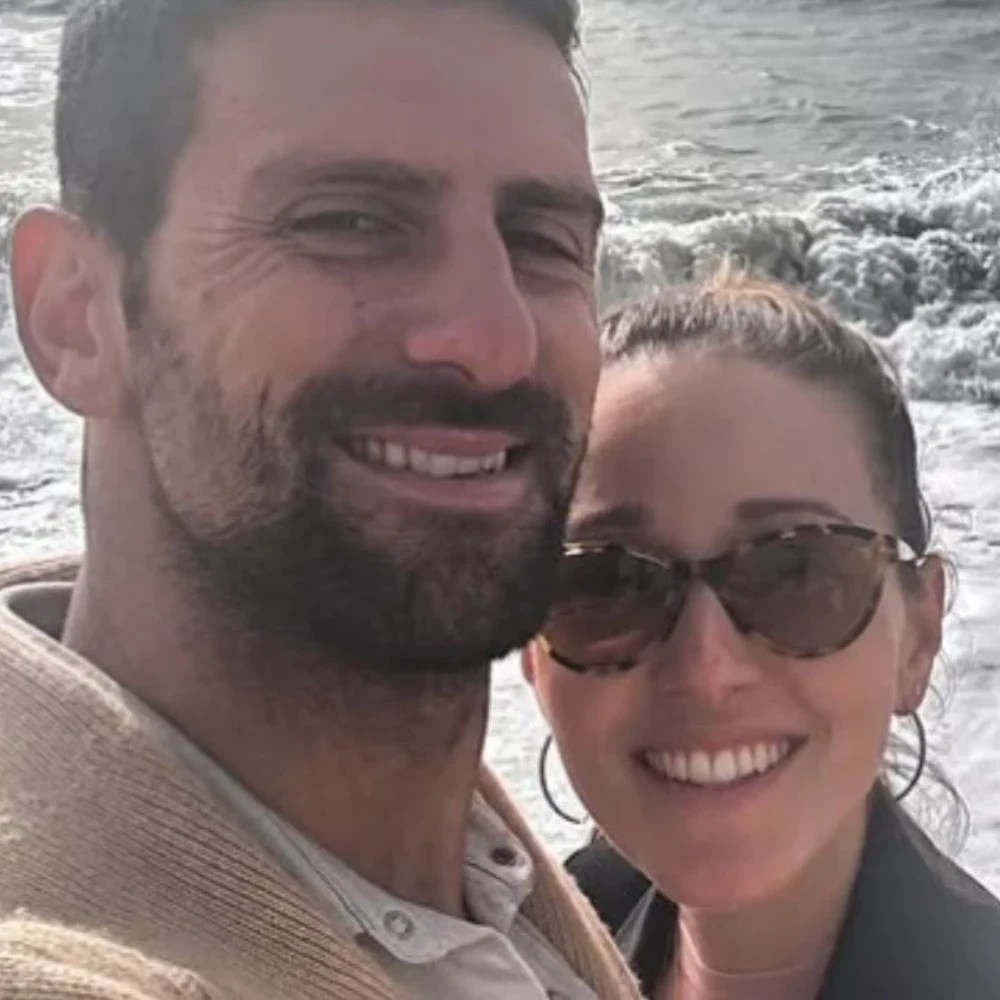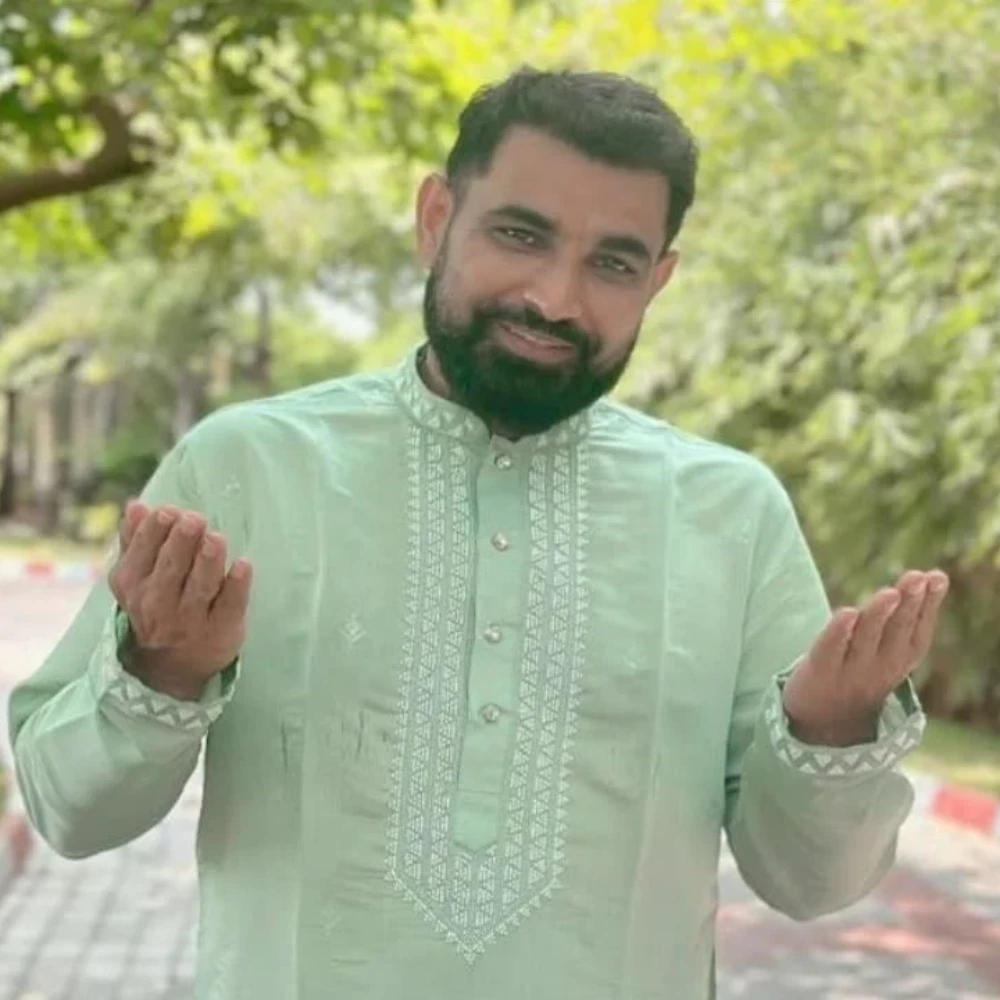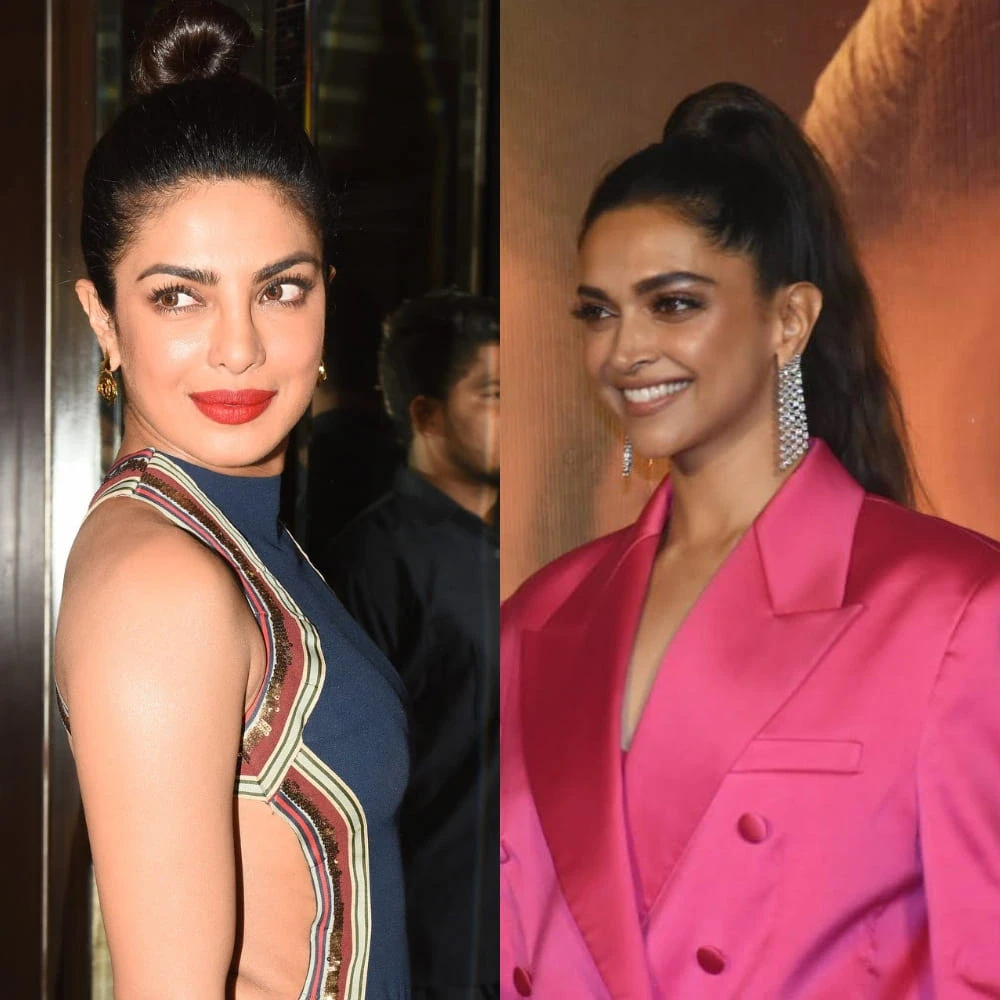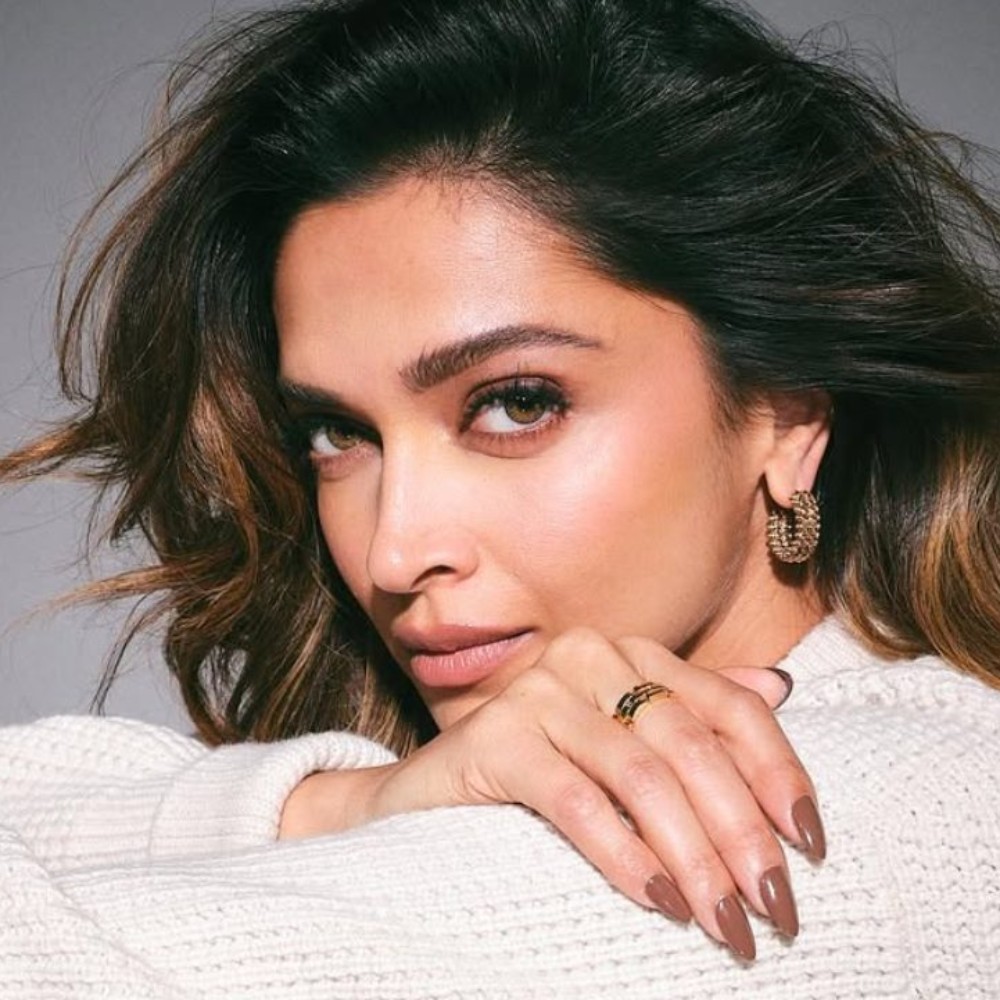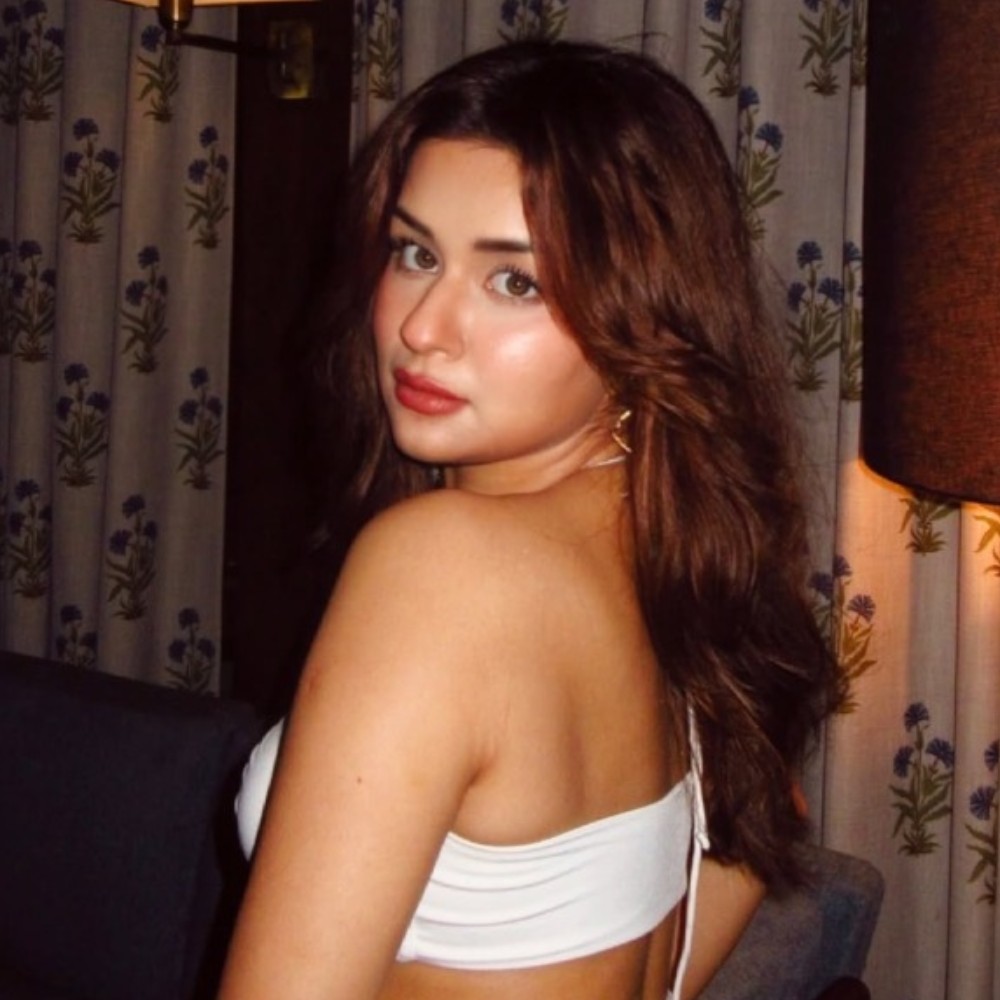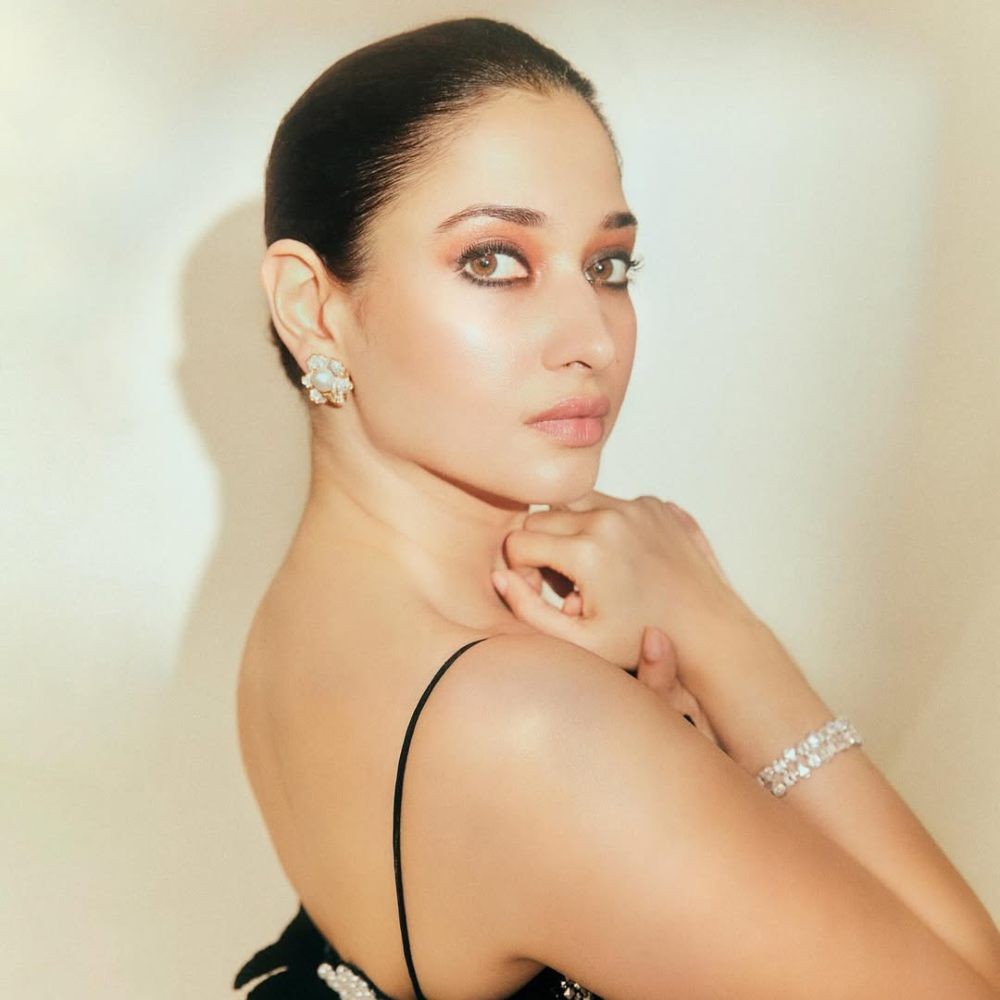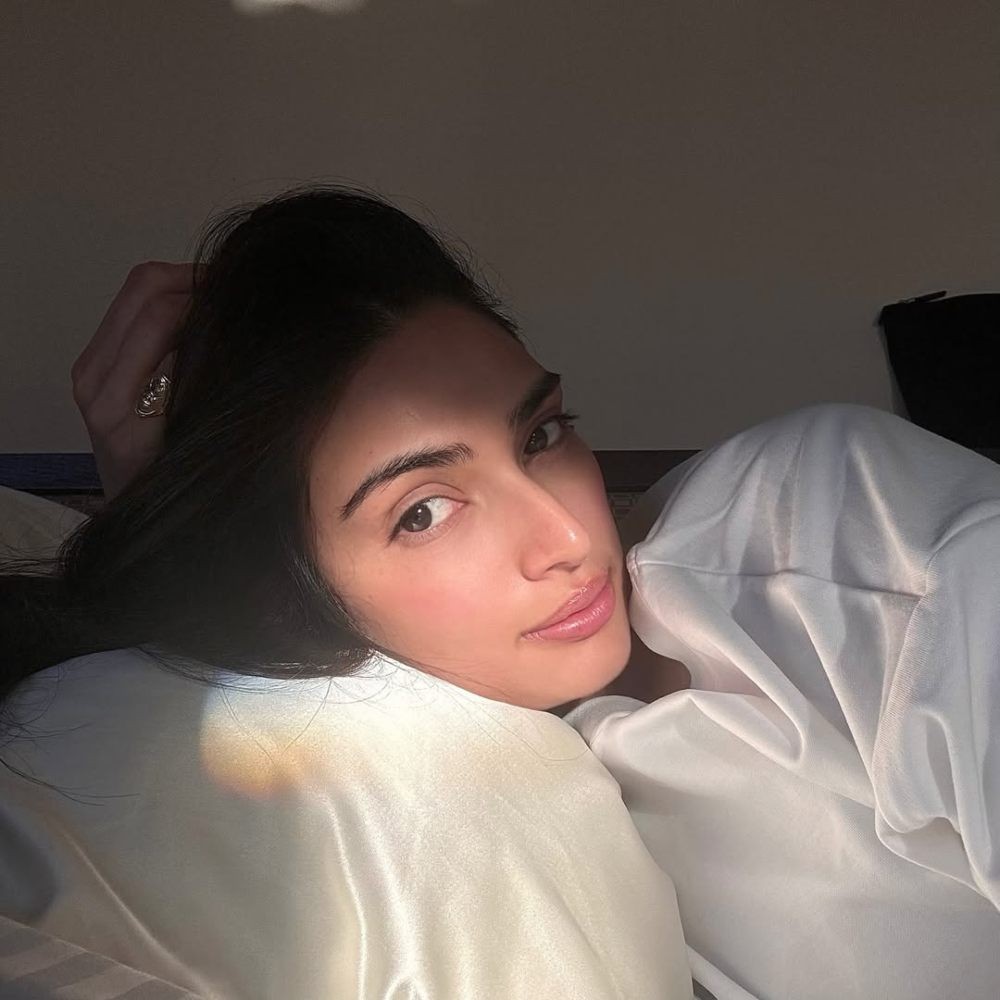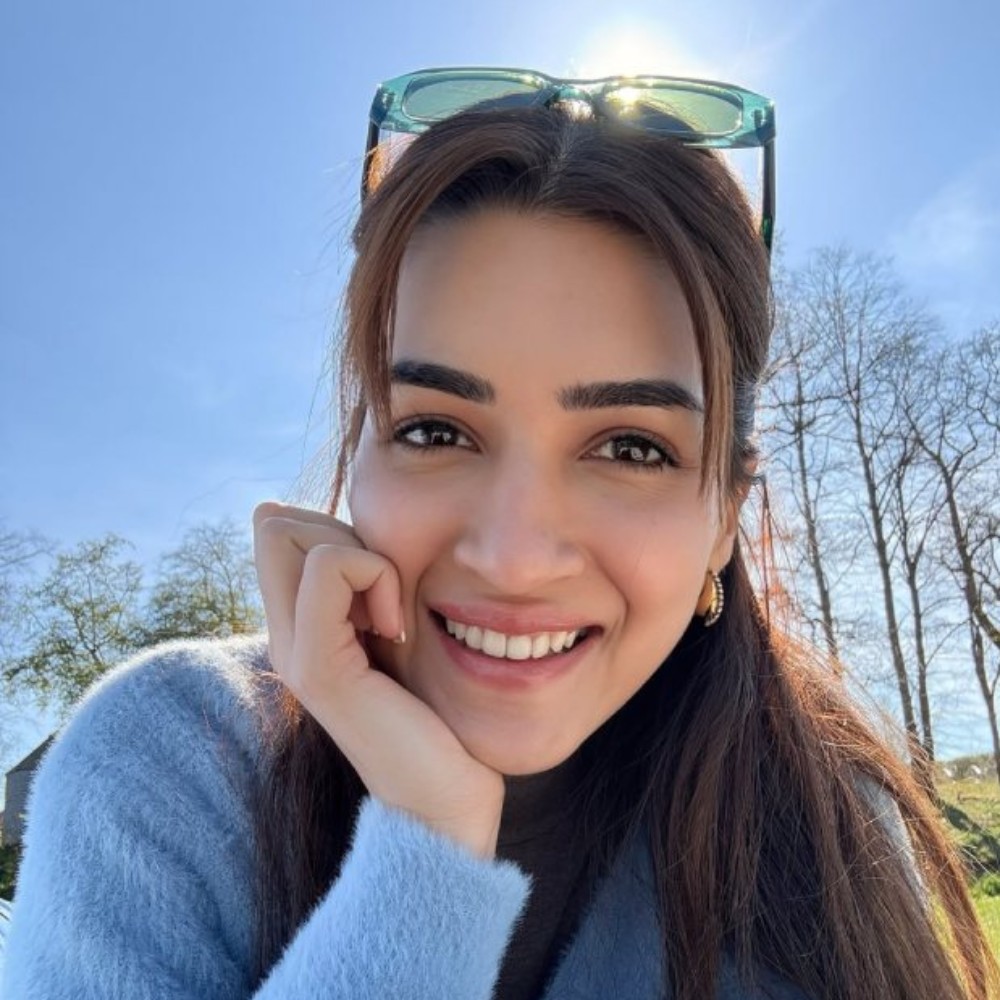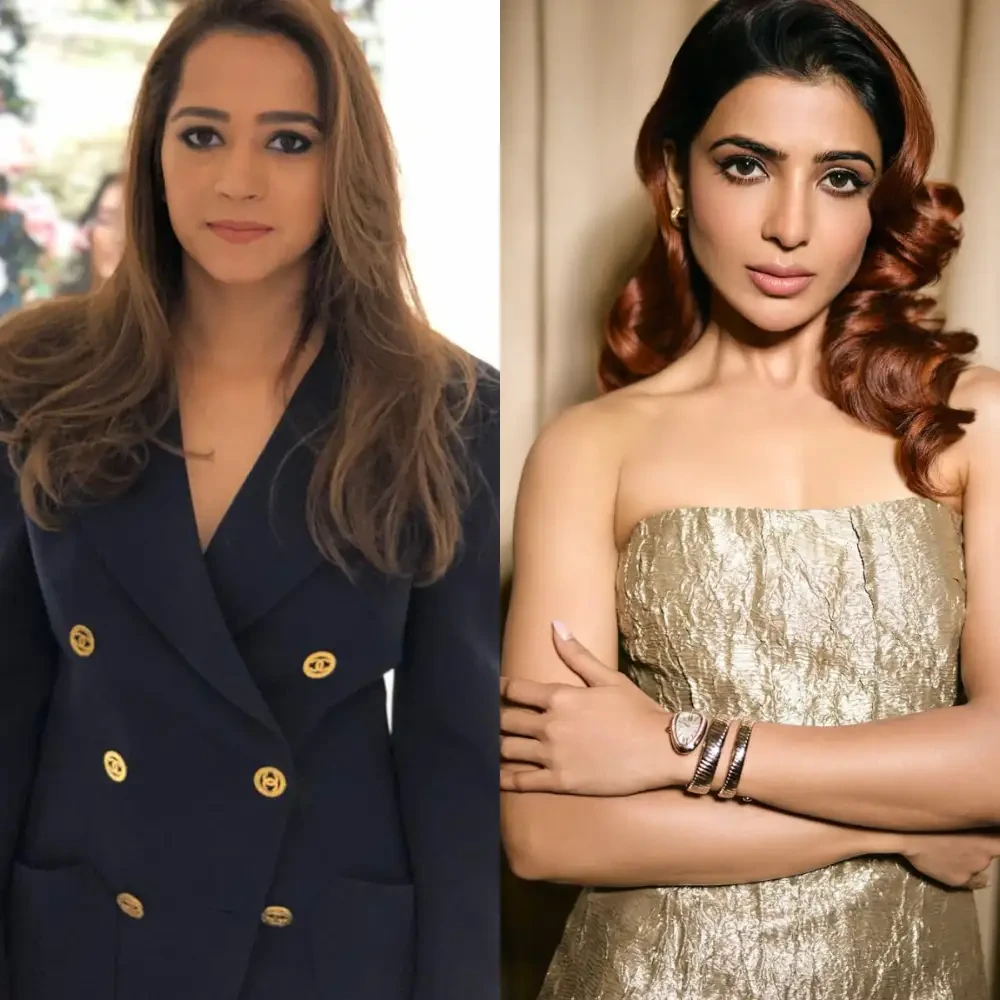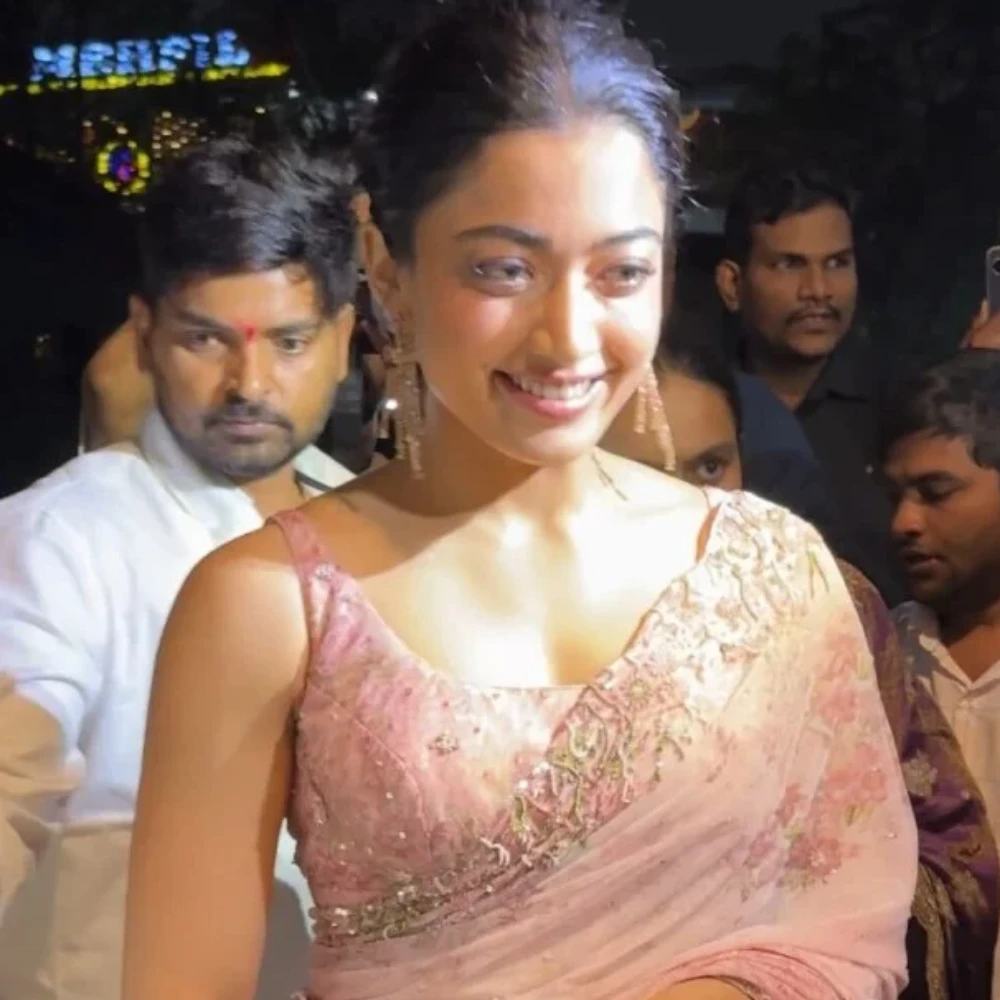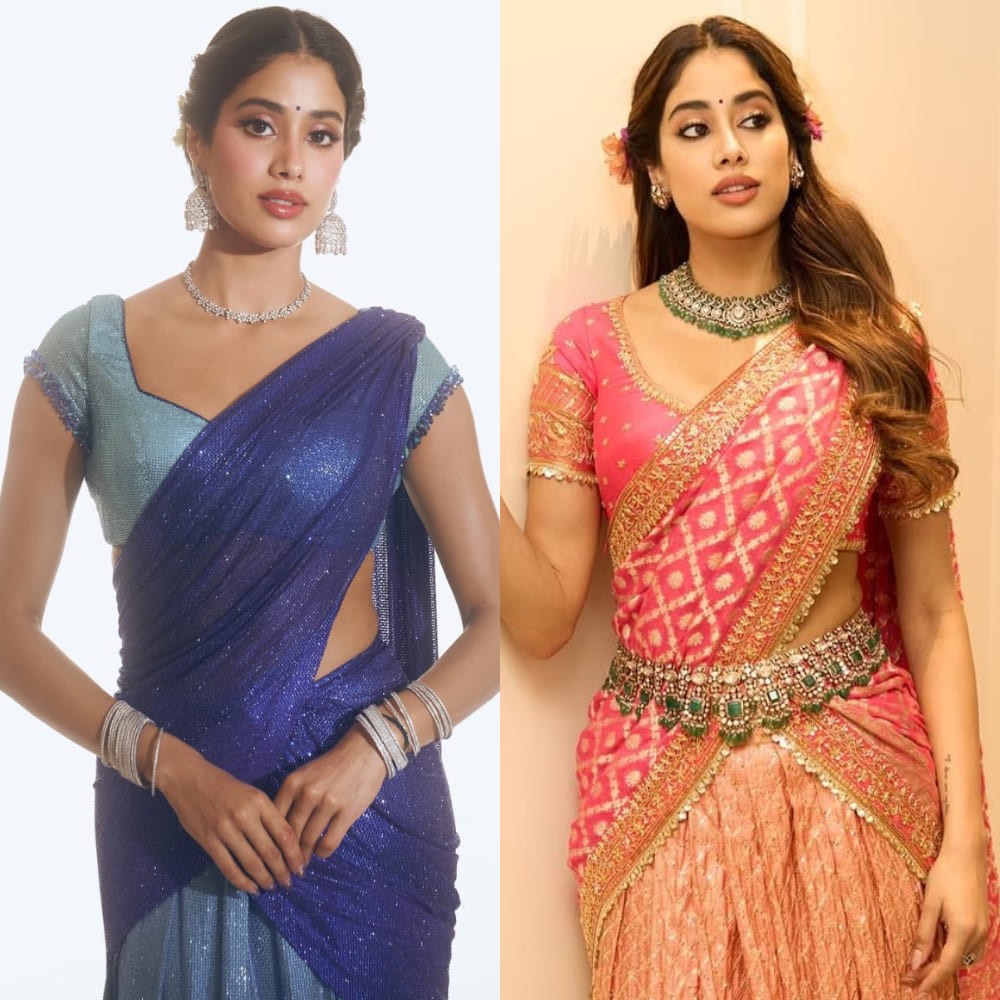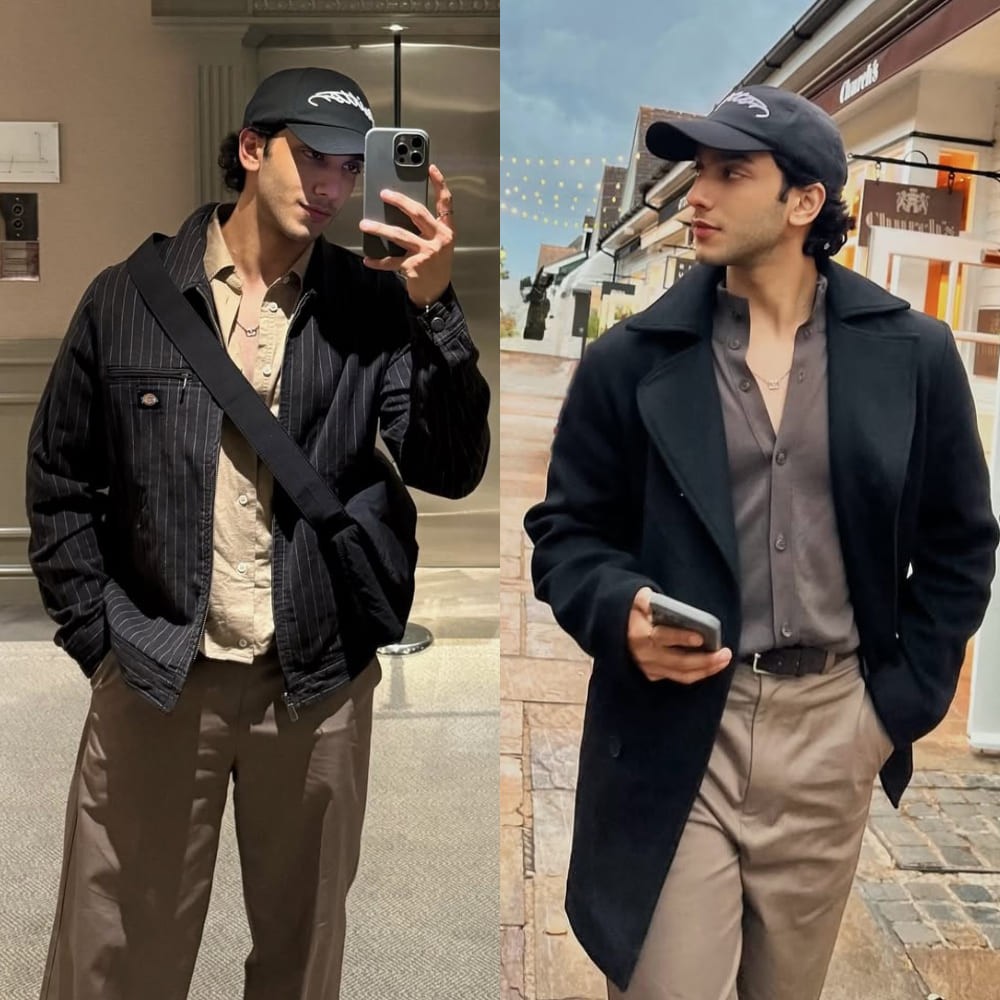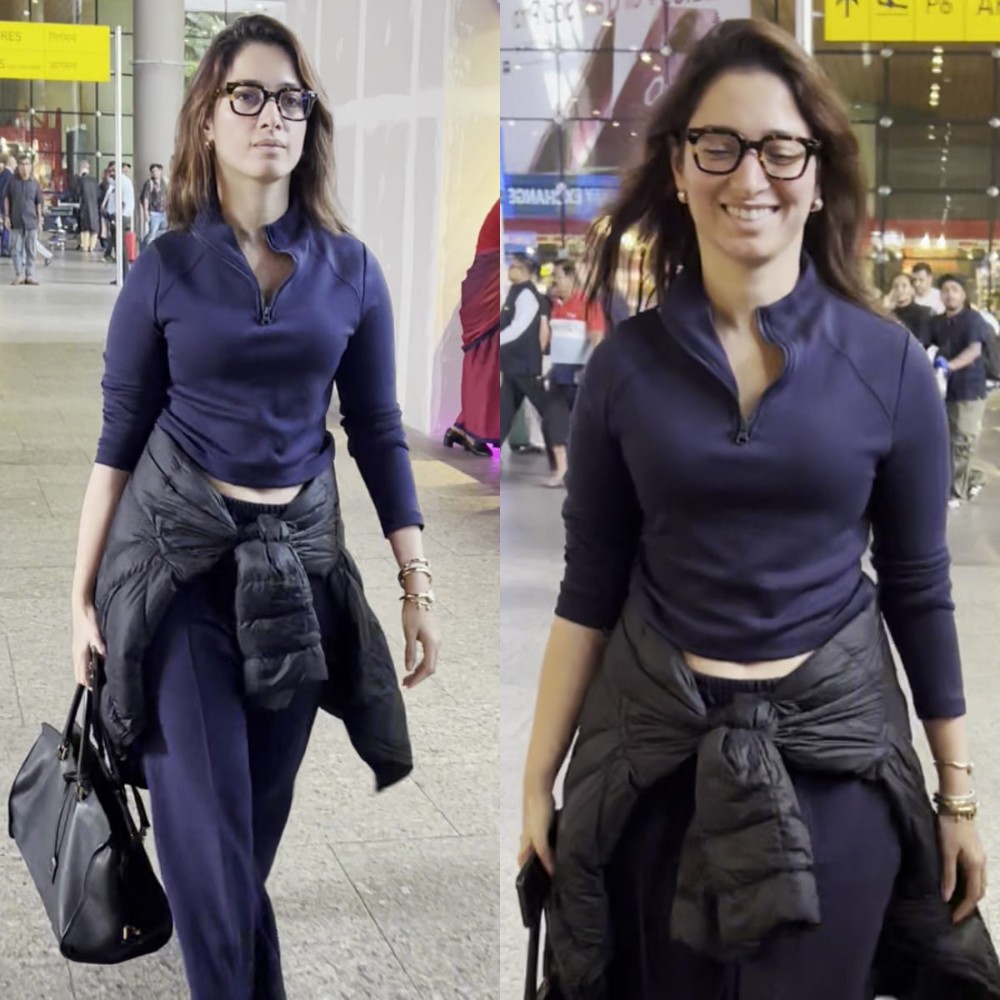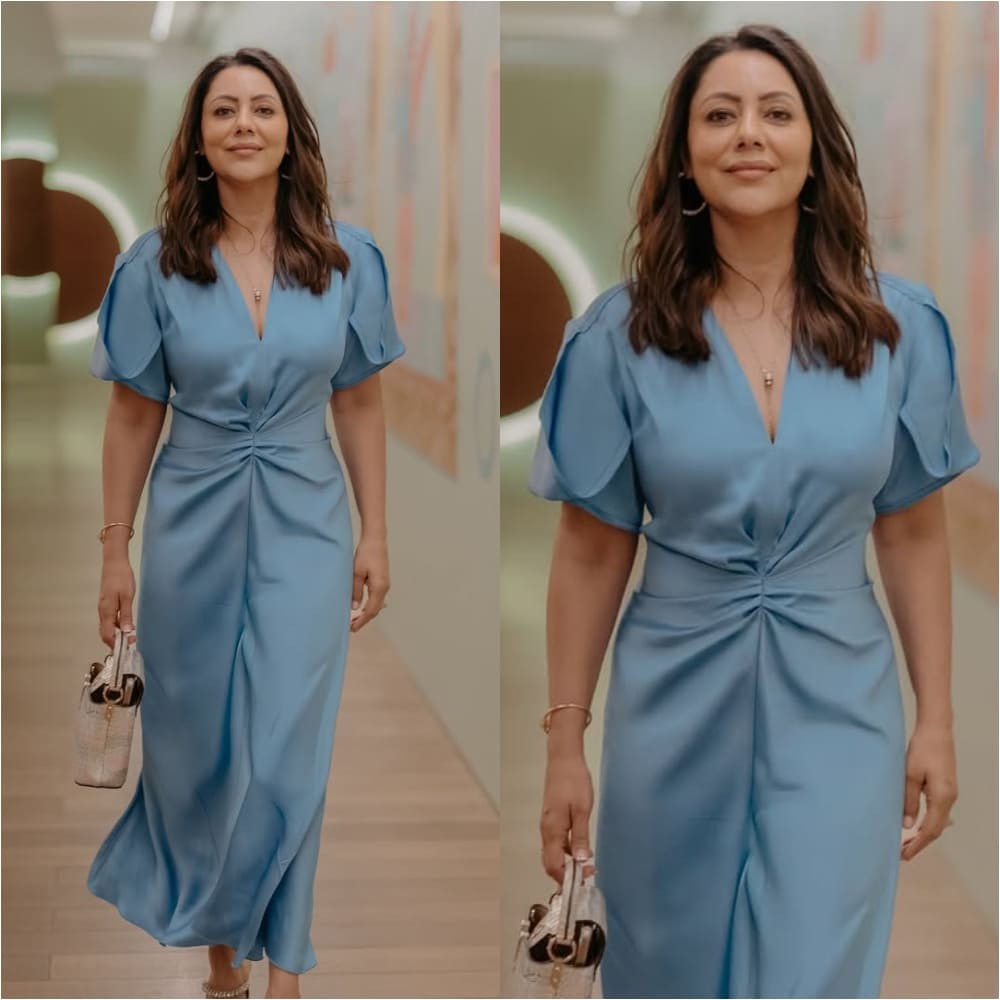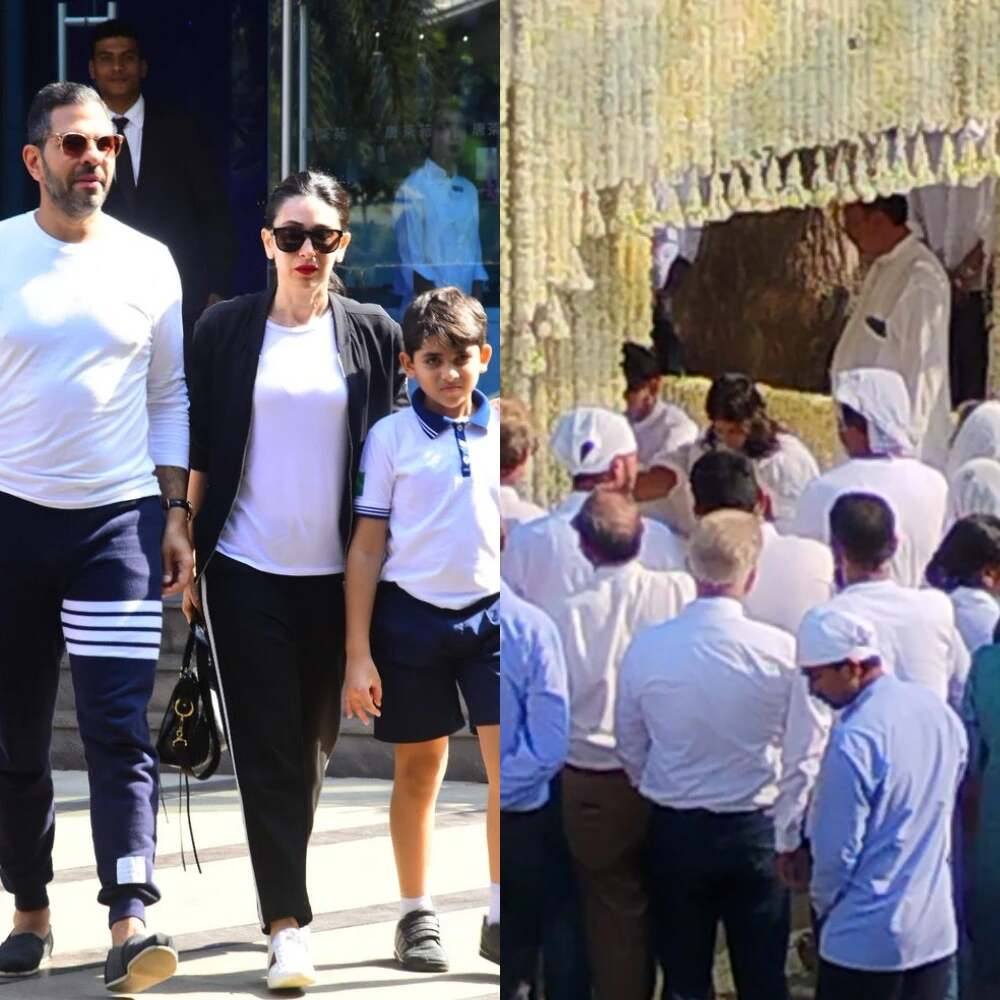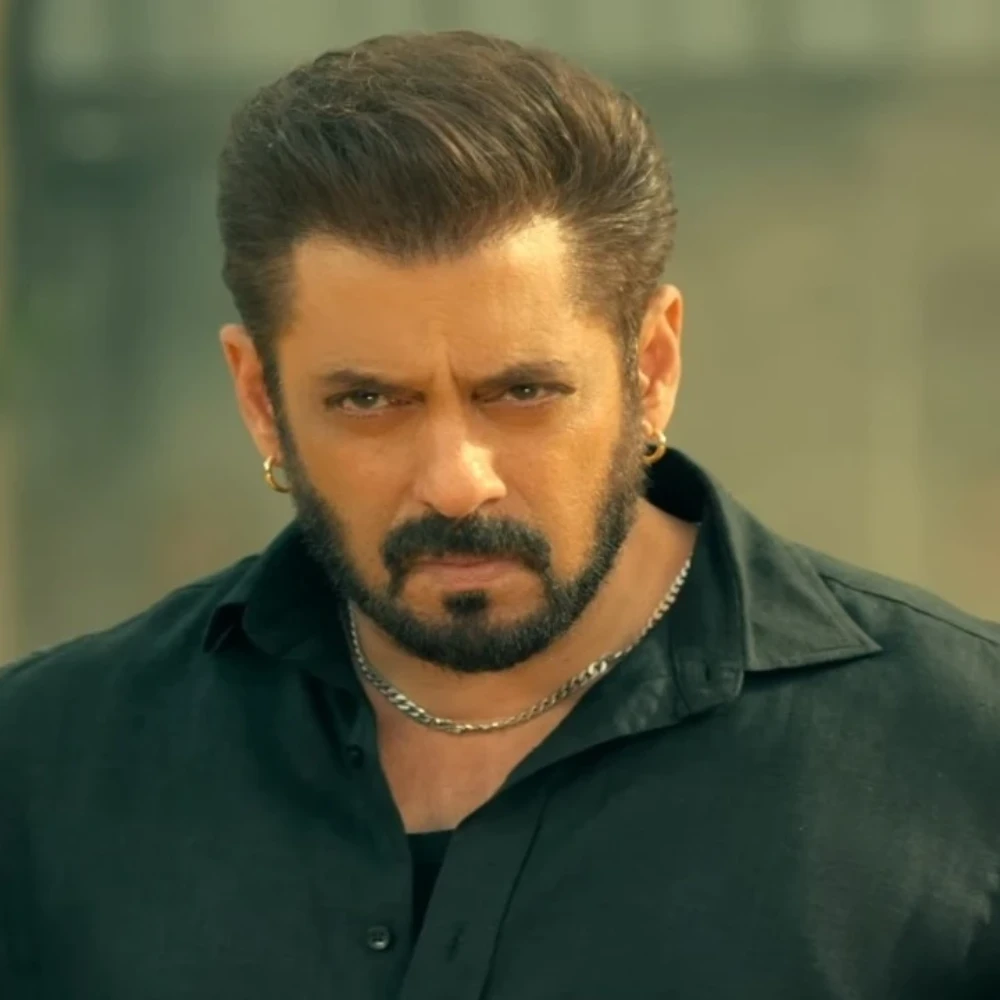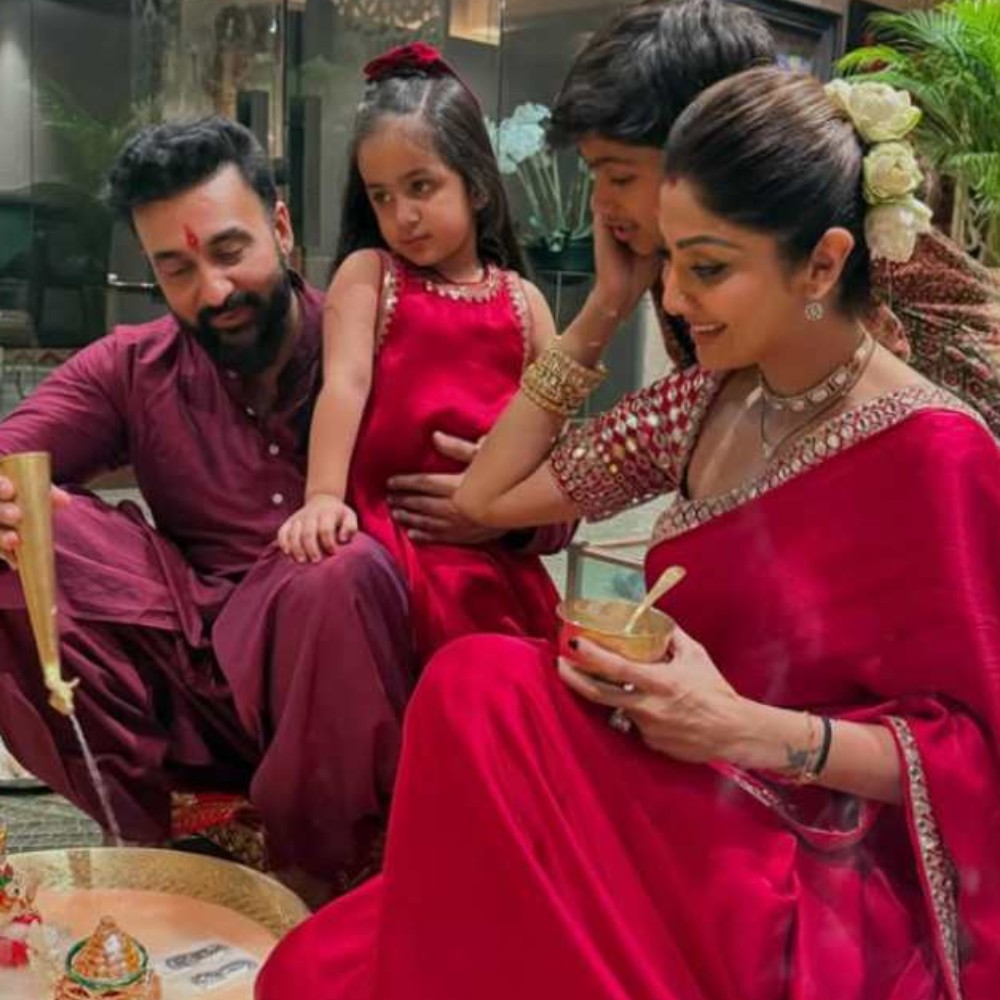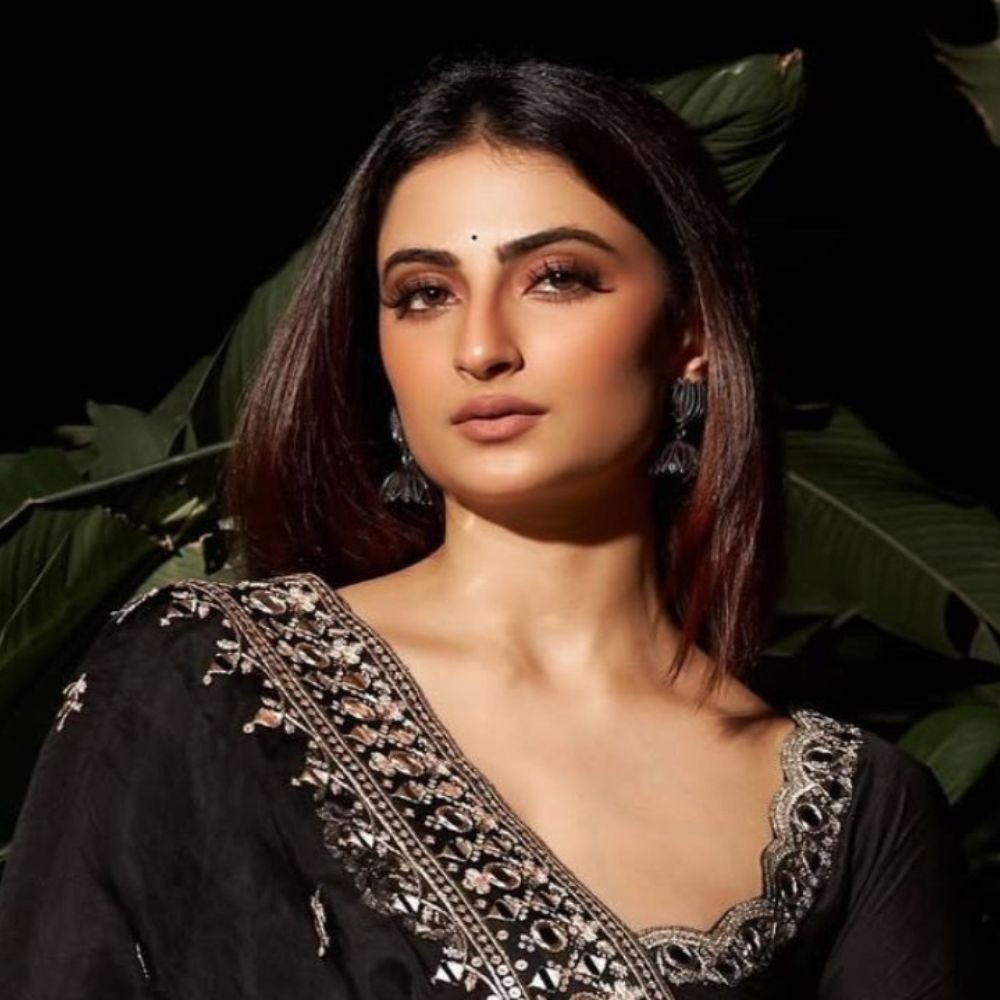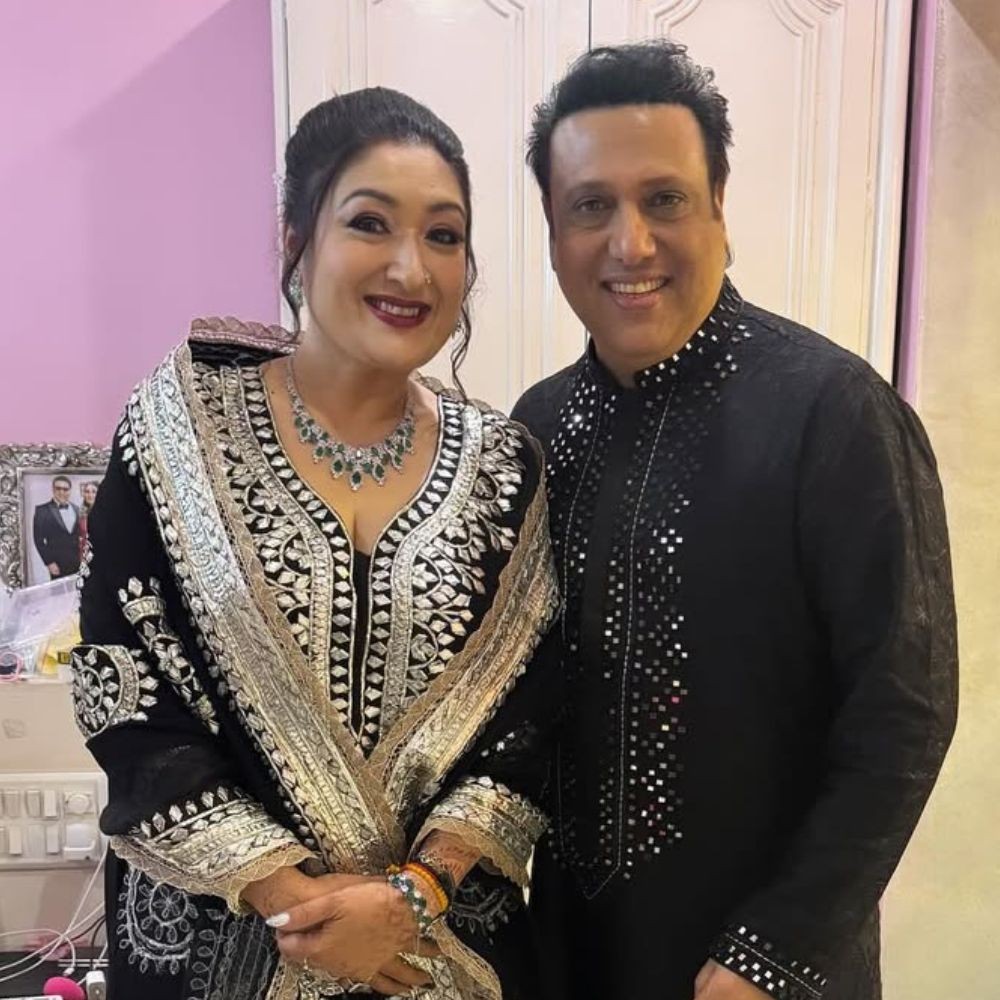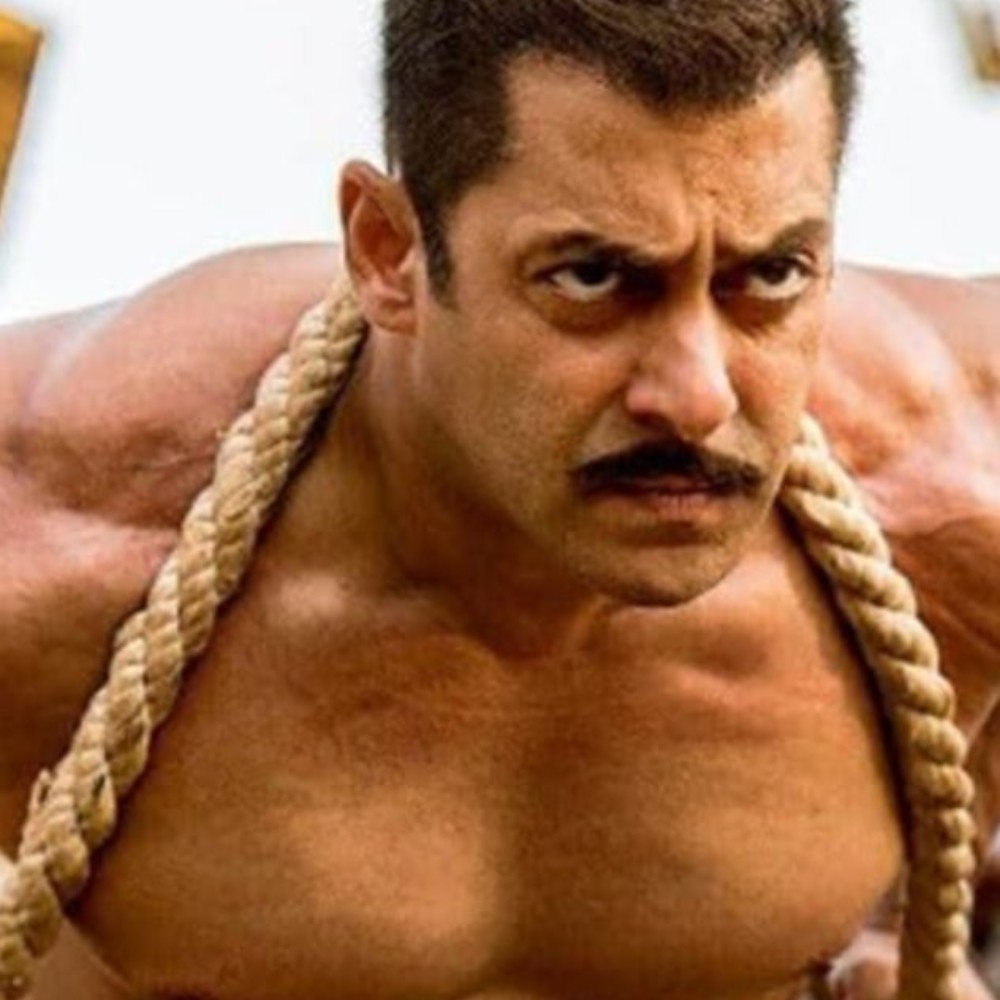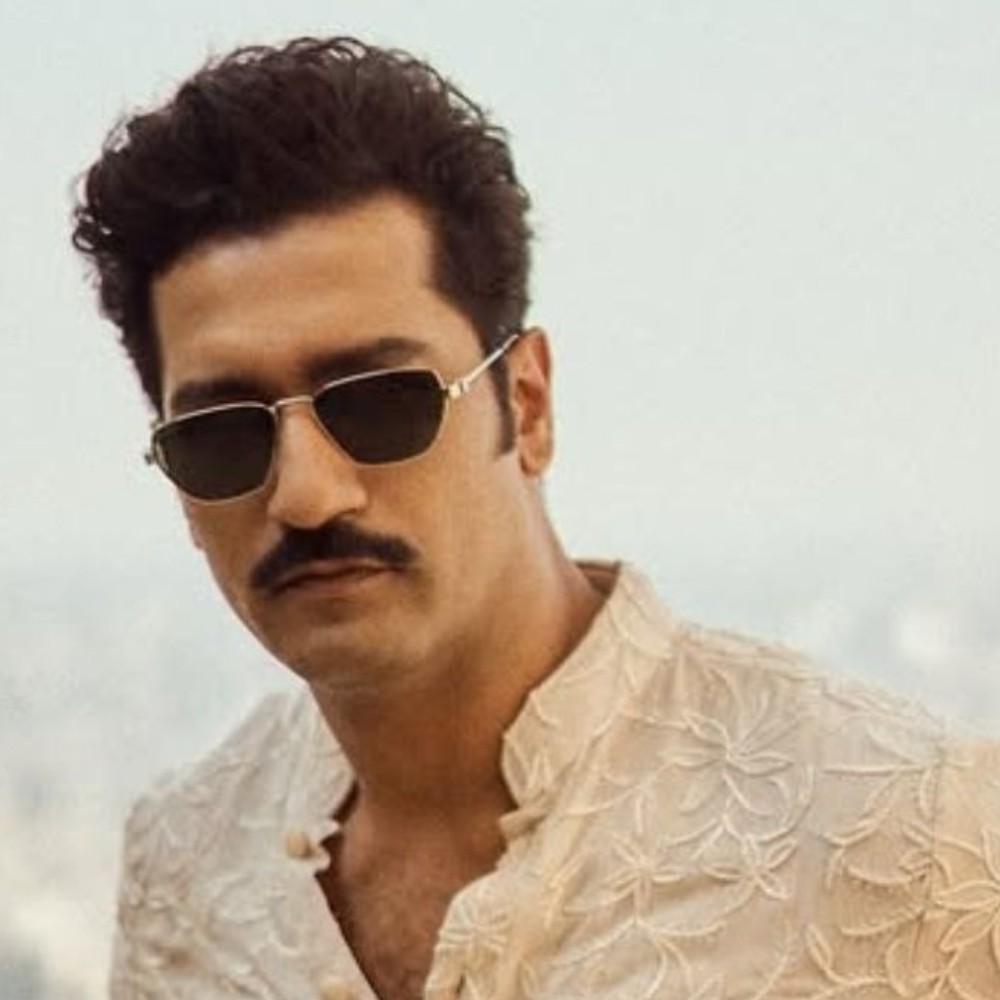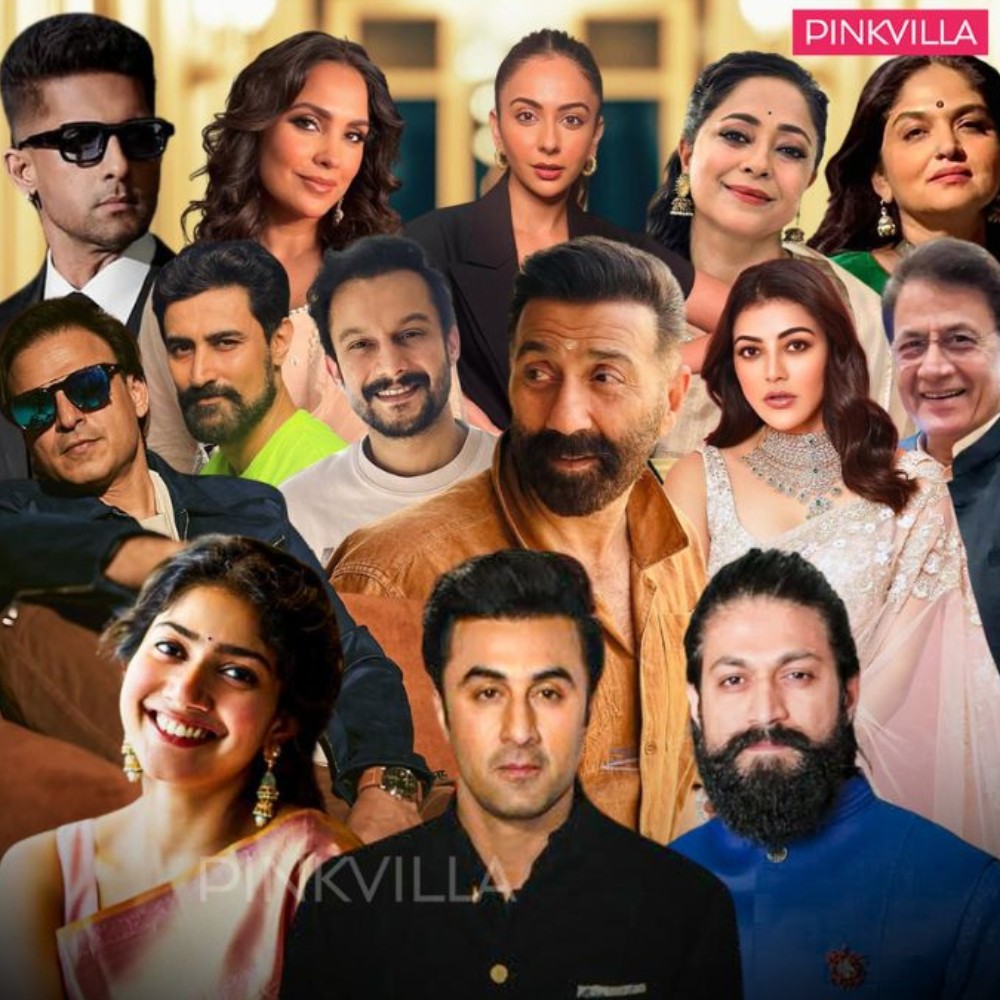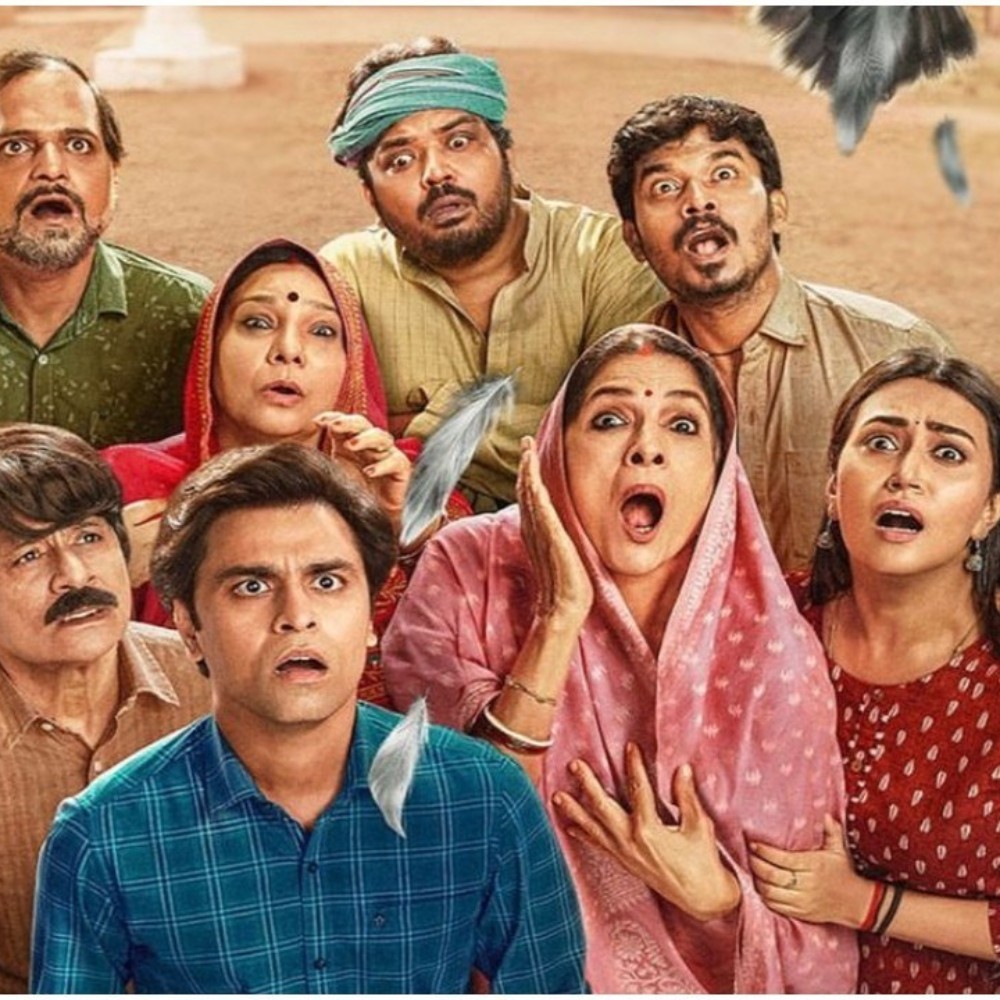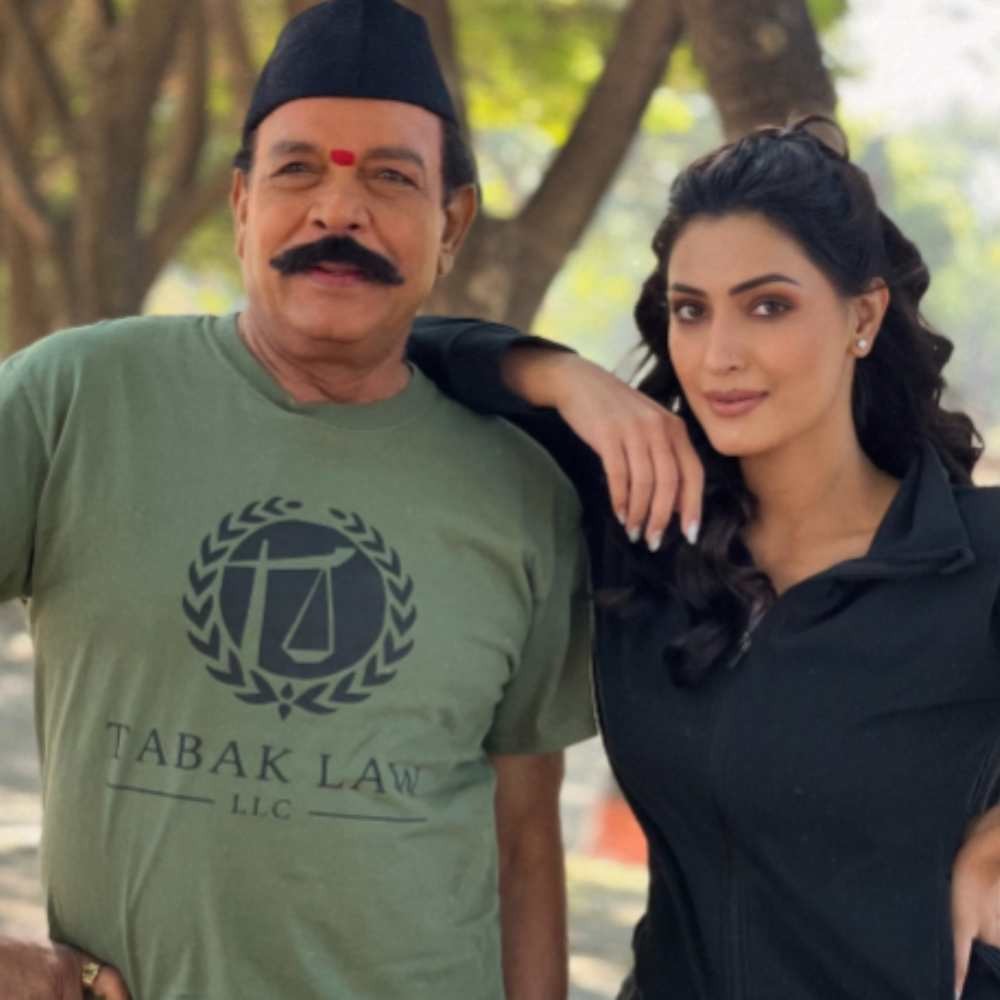10 best Dil Dhadakne Do dialogues that left a mark on our hearts
Here are ten of the most impactful Dil Dhadakne Do dialogues, each capturing key moments and themes of the film.
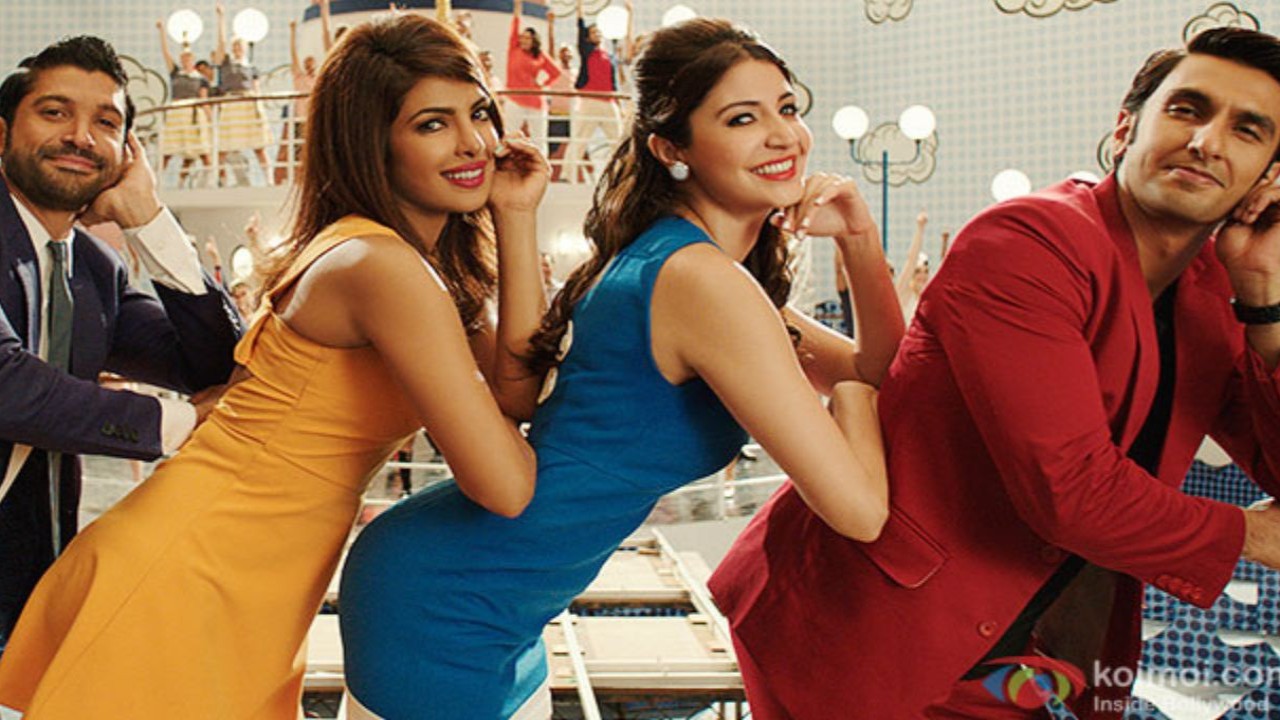
Dil Dhadakne Do, directed by Zoya Akhtar, is a compelling family drama that explores the intricate dynamics of relationships and societal norms. They capture the essence of the characters’ internal conflicts and the external pressures they face, weaving a rich tapestry of human experience and societal critique. From incisive observations about marriage and personal freedom to heartfelt expressions of love and disillusionment, the film's dialogues are pivotal in driving the narrative and deepening our understanding of the characters.
They reflect the complexities of human relationships and the often unspoken truths that shape our lives. As the characters navigate their journeys of self-discovery and reconciliation, the dialogues offer powerful insights into their struggles and triumphs, making them memorable and relevant long after the film's release. Here are ten of the most impactful dialogues from the movie, each highlighting crucial moments and character growth.
Here are 10 top dialogues from Dil Dhadakne Do fans still recall
1. "Dil se faisla karo ki tumhe kya karna hai… dimaag tarkeeb nikal lega"
In this Dil Dhadakne Do dialogue, Neelam (Shefali Shah) advises her daughter Ayesha (Priyanka Chopra) to make decisions based on her heart rather than overanalyzing them. She emphasizes that emotional clarity will guide the mind to practical solutions, particularly during a crucial moment of decision-making in Ayesha’s life.
2. "Shaadi koi race nahi hai jo use finish line tak pahuchana hai"
Here, Kamal (Anil Kapoor) talks to his wife Neelam (Shefali Shah) about the unrealistic pressures associated with marriage. He asserts that marriage should not be viewed as a competition to be won, reflecting his frustration with societal expectations.
3. "I am sorry ki main tumse pyaar nahi kar paayi"
In the film, Neelam (Shefali Shah) says this dialogue as she apologizes to her children for not being able to show them the love and support they needed. She acknowledges her emotional shortcomings, revealing her regret for not being more affectionate.
4. "Khel mein haar jeet lagi rehti hai… afsos woh karta hai jinka khel khatam ho gaya ho"
Kamal comments on the nature of competition and regret, noting that real sorrow is felt by those who have finished their ‘game’ and are left to reflect on their past through this dialogue. This philosophical insight comes during a family discussion about failure and the ongoing nature of life's challenges.
5. "Agar Shah Jahan practical hota toh Taj Mahal kaun banata"
In the film, Neelam (Shefali Shah) uses the example of Shah Jahan and the Taj Mahal to argue that great achievements require passion and vision, not just practicality. She makes this point to emphasize the importance of following one’s dreams despite practical obstacles.
6. "Kisi ko chahiye ho ya nahi… mummy papa gyaan toh dete hi hain"
Ayesha (Priyanka Chopra) remarks on her parents' tendency to offer unsolicited advice. She points out that parents always have wisdom to share, regardless of whether it is needed, highlighting the generational differences in their understanding.
7. "Family mein sab upar se baat karte hain… asli baat toh koi karta nahi hai ek doosre se"
By saying this line, Ayesha (Priyanka Chopra) criticizes her family for their superficial communication. She laments that while family members talk on a surface level, they avoid discussing deeper, more meaningful issues, highlighting her frustration with their lack of genuine connection.
8. "Agar koi alag tarah jeena chahta hai toh use jeene do… har dil apni hi tarah dhadakta hai… har dil dhadkne do"
Here, Ayesha argues for respecting individual choices and allowing people to live their lives according to their own desires. She stresses that everyone’s heart beats differently and should be allowed to follow its own rhythm, particularly during a family discussion about personal freedom.
9. "Tumne aaj tak kiya kya hai? Nothing. You are lucky that I am your father"
Kamal (Anil Kapoor) expresses disappointment to his son Kabir (Ranveer Singh) for not achieving more or making a significant impact. He harshly points out Kabir’s lack of accomplishments and emphasizes his own role in providing opportunities.
10. "Jaldi se ek bachcha karlo… tumhari saari problems solve ho jayegi"
Kamal (Anil Kapoor) makes a traditional suggestion that having a child will solve their problems. This comment reflects his conventional mindset, indicating that he sees starting a family as a solution to their issues.
The Dil Dhadakne Do dialogues are a testament to the film's exceptional storytelling and emotional depth. These dialogues not only advance the plot but also offer profound insights into human relationships and personal growth.
The enduring impact of these dialogues is evident in their ability to resonate with audiences long after the credits roll. They capture the essence of the characters’ struggles and triumphs, making them memorable and relatable.
ALSO READ: 9 best Emraan Hashmi dialogues that left a mark on our hearts





 JOIN OUR WHATSAPP CHANNEL
JOIN OUR WHATSAPP CHANNEL